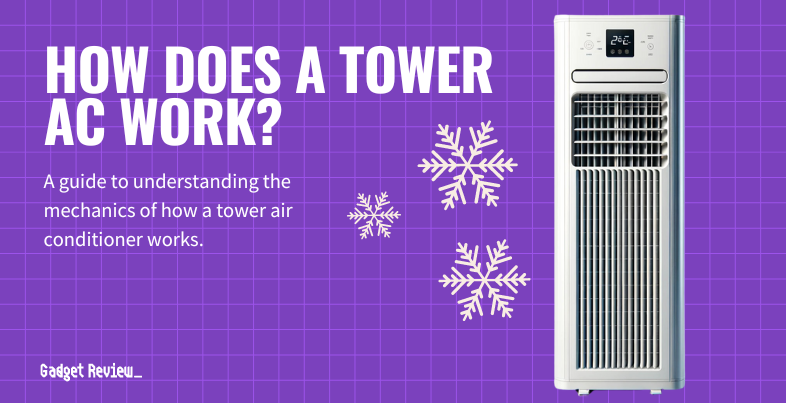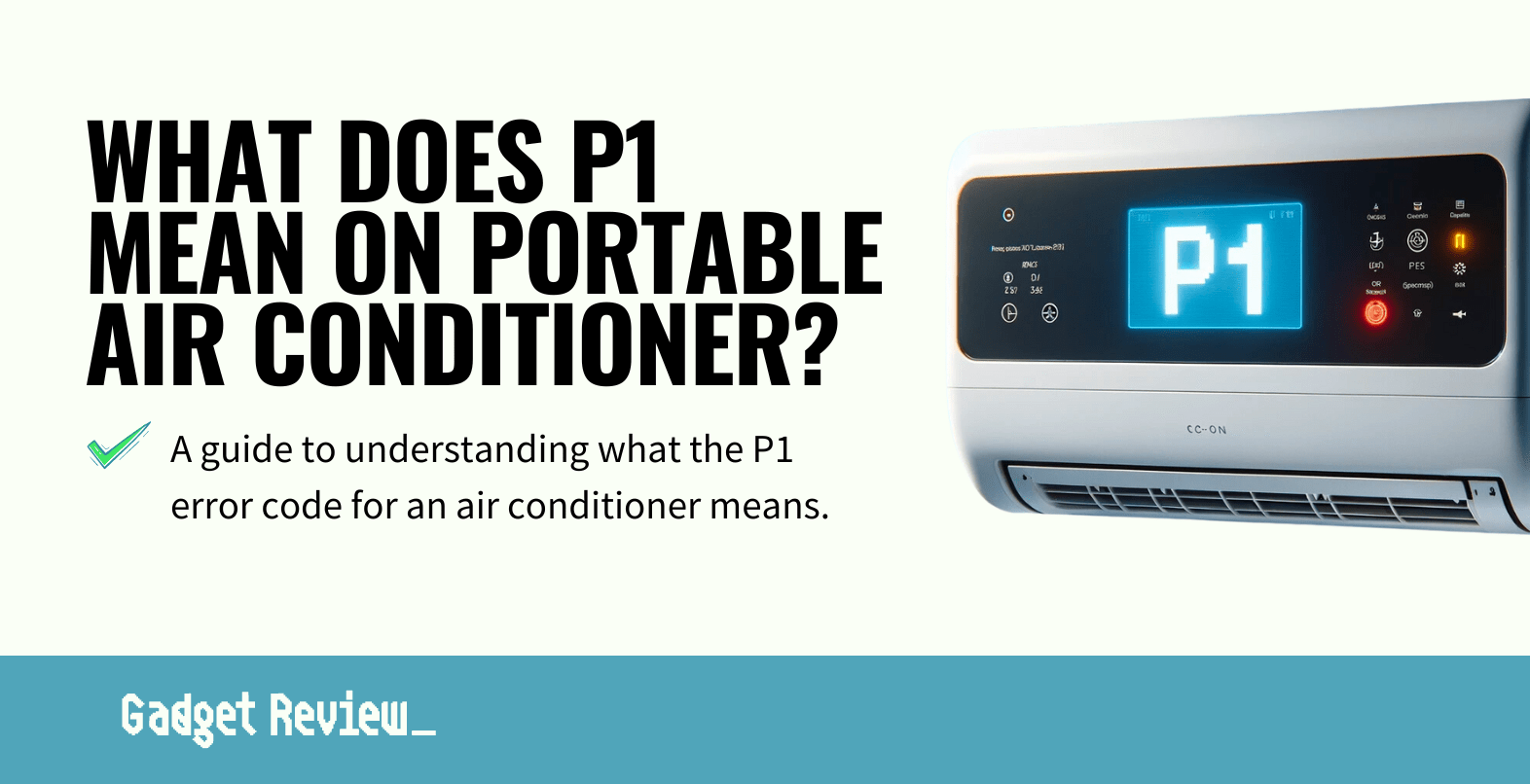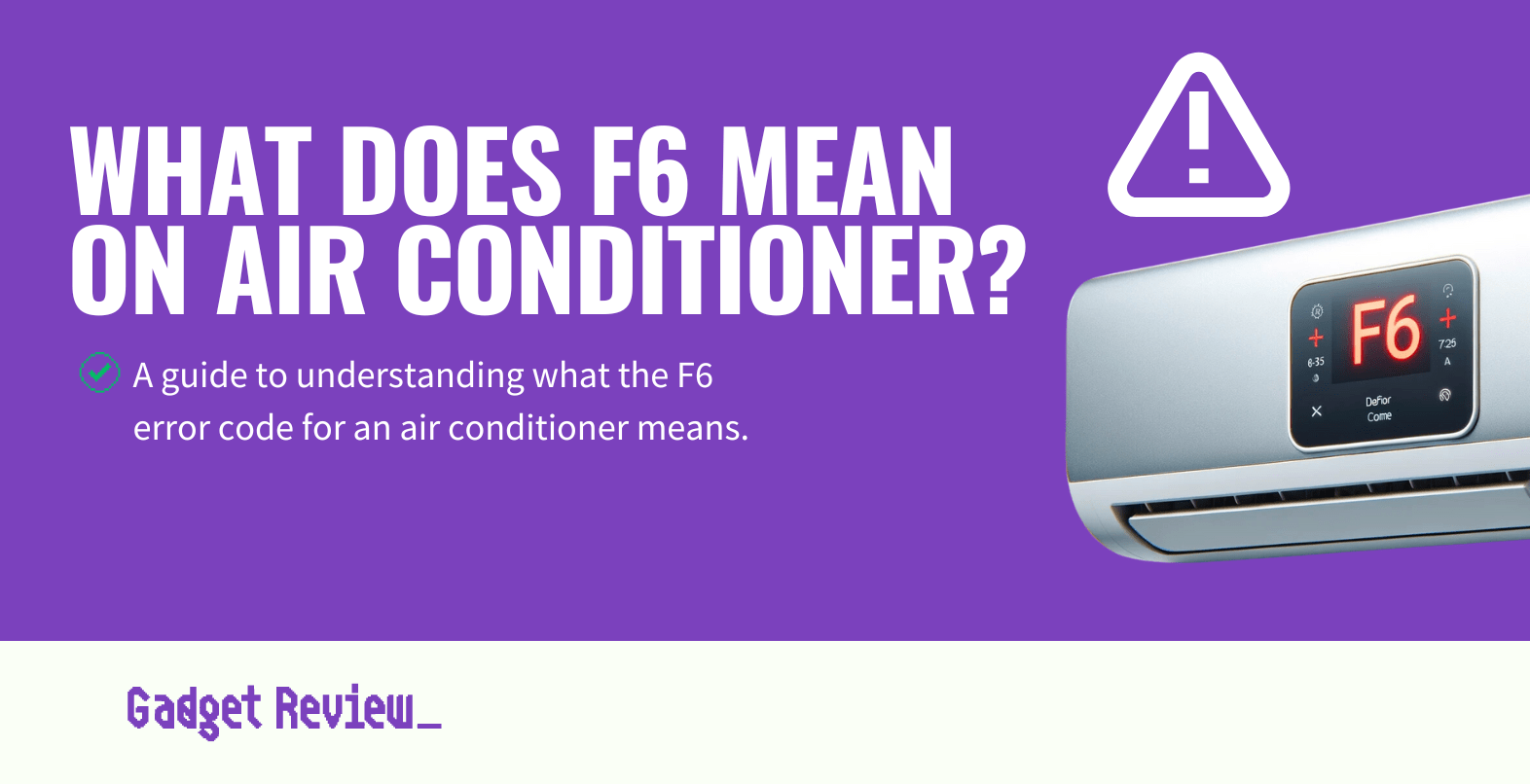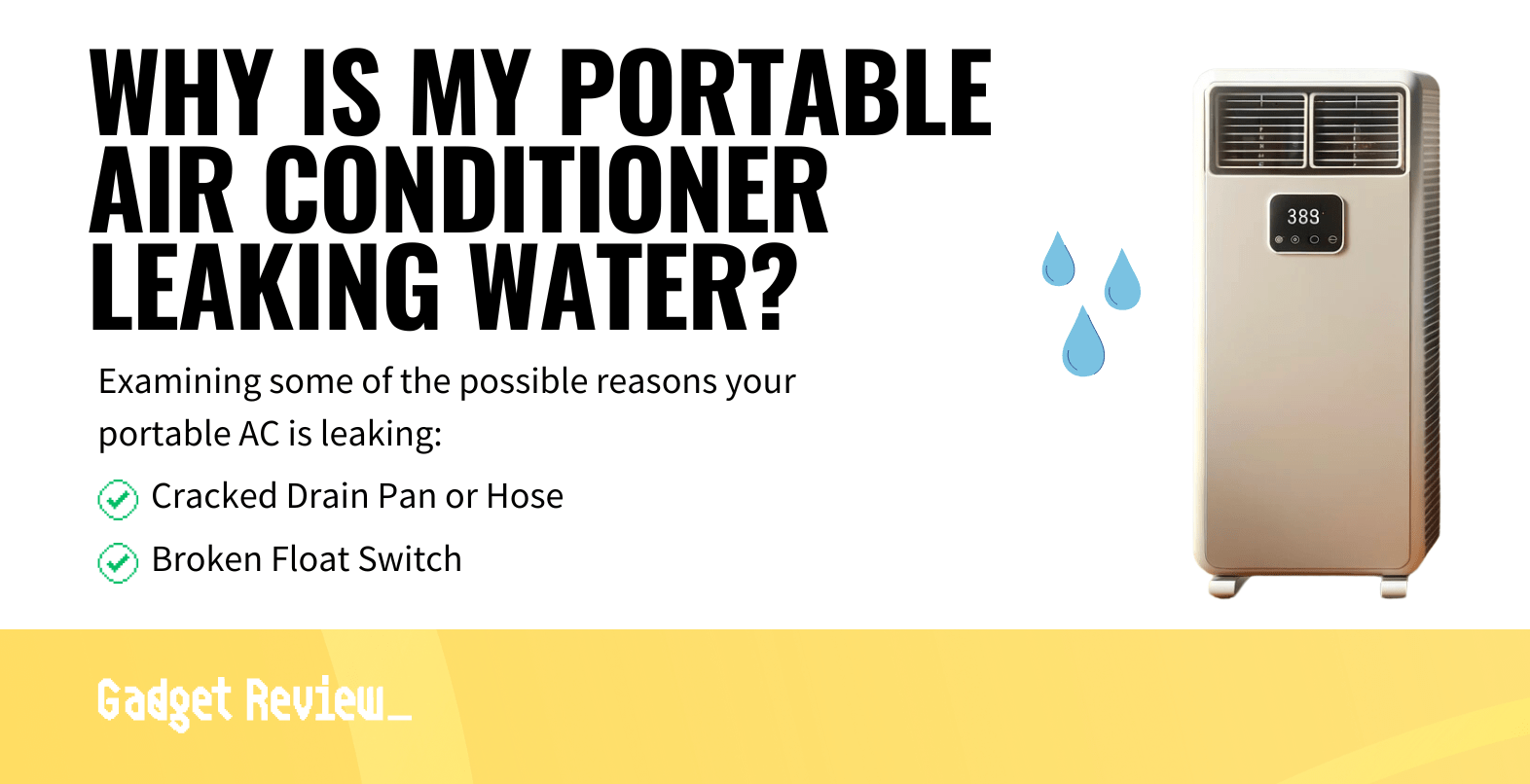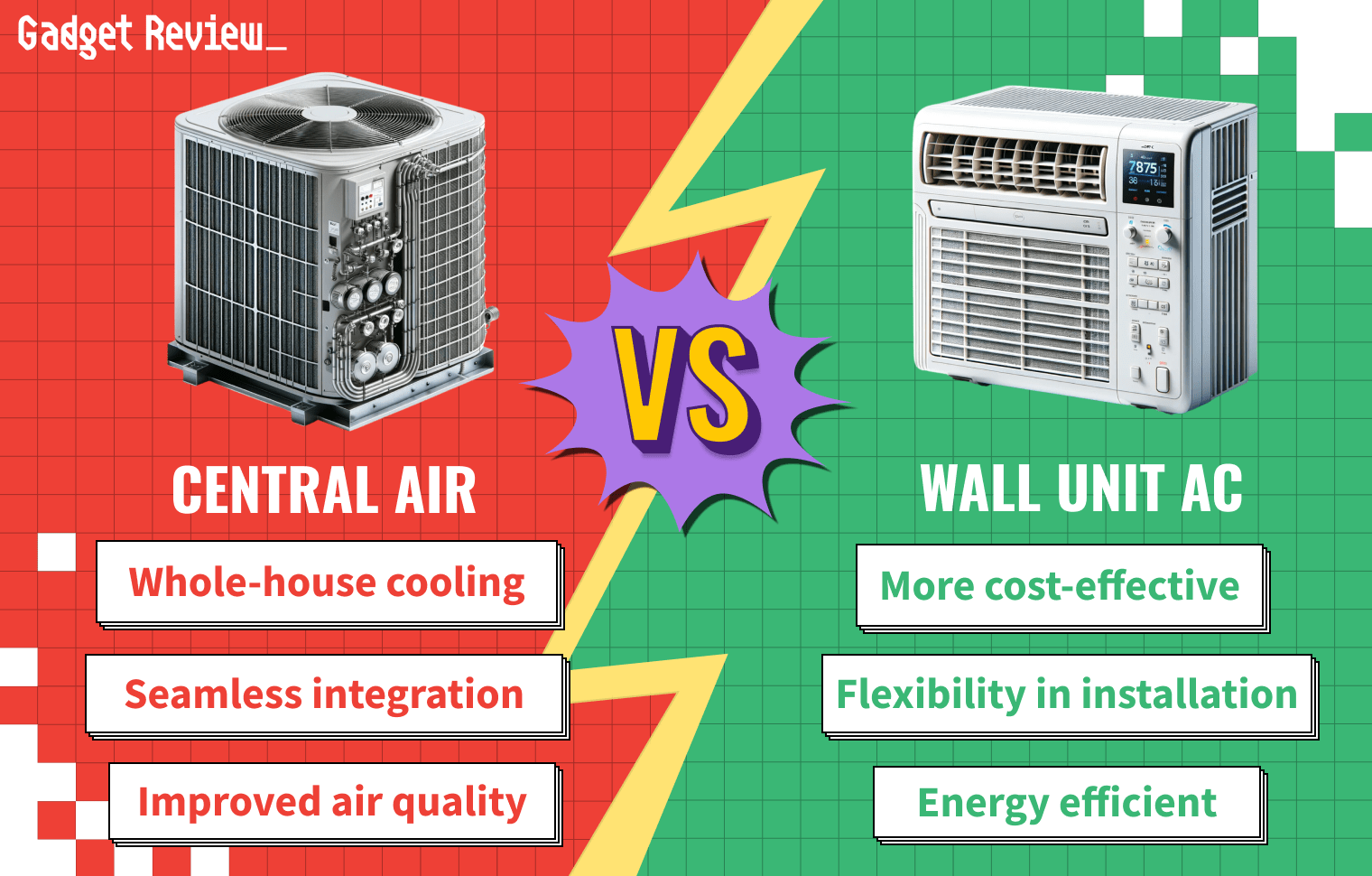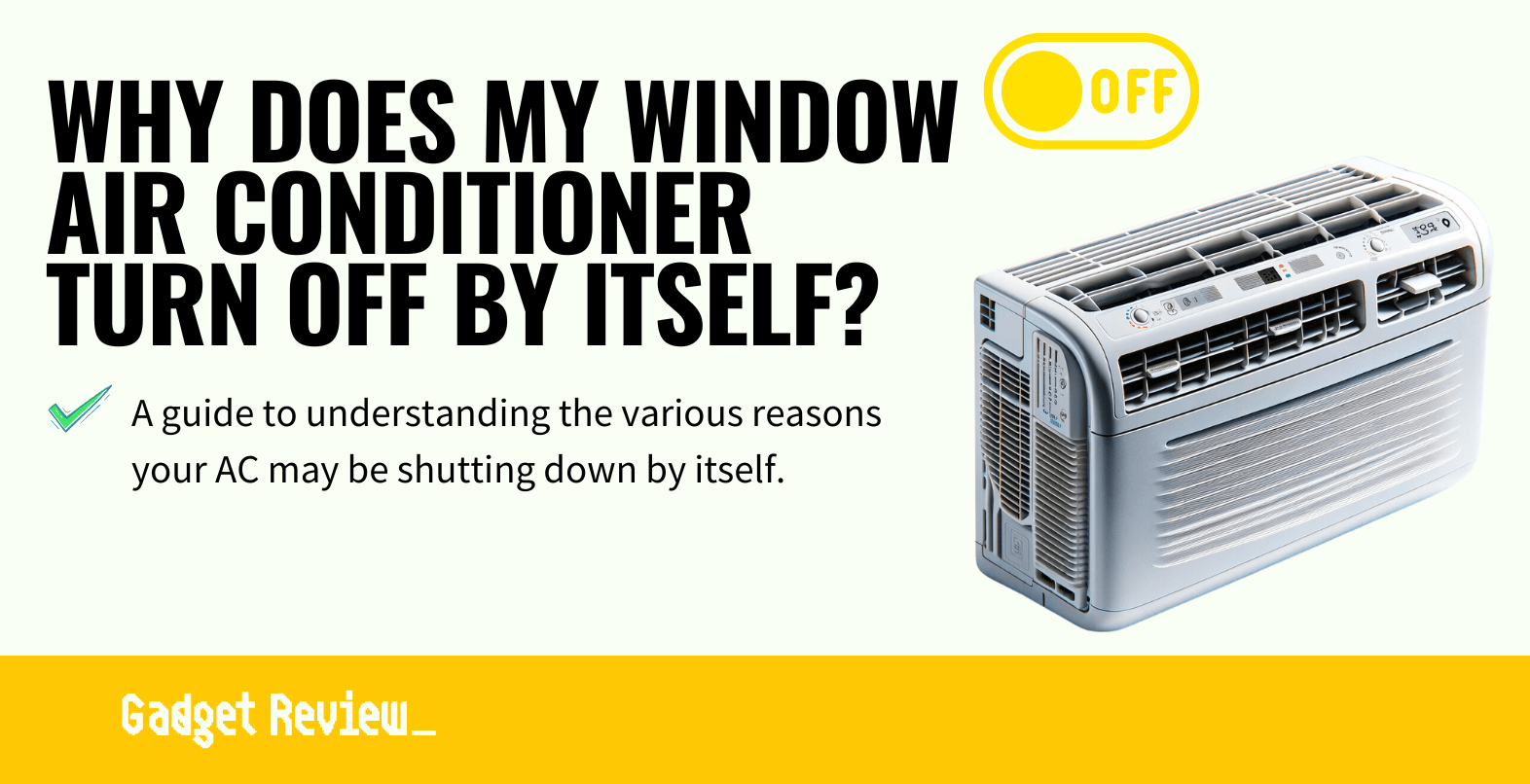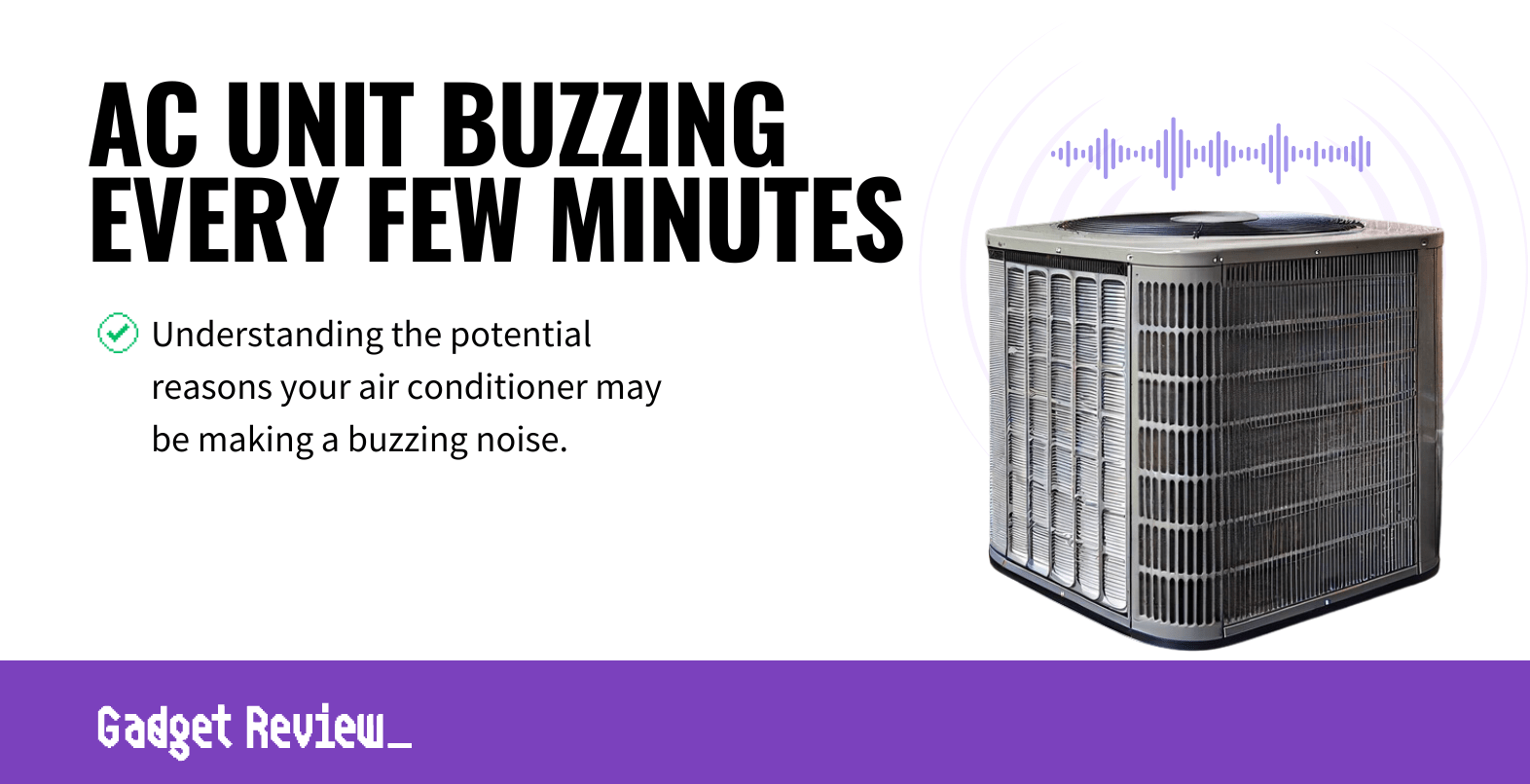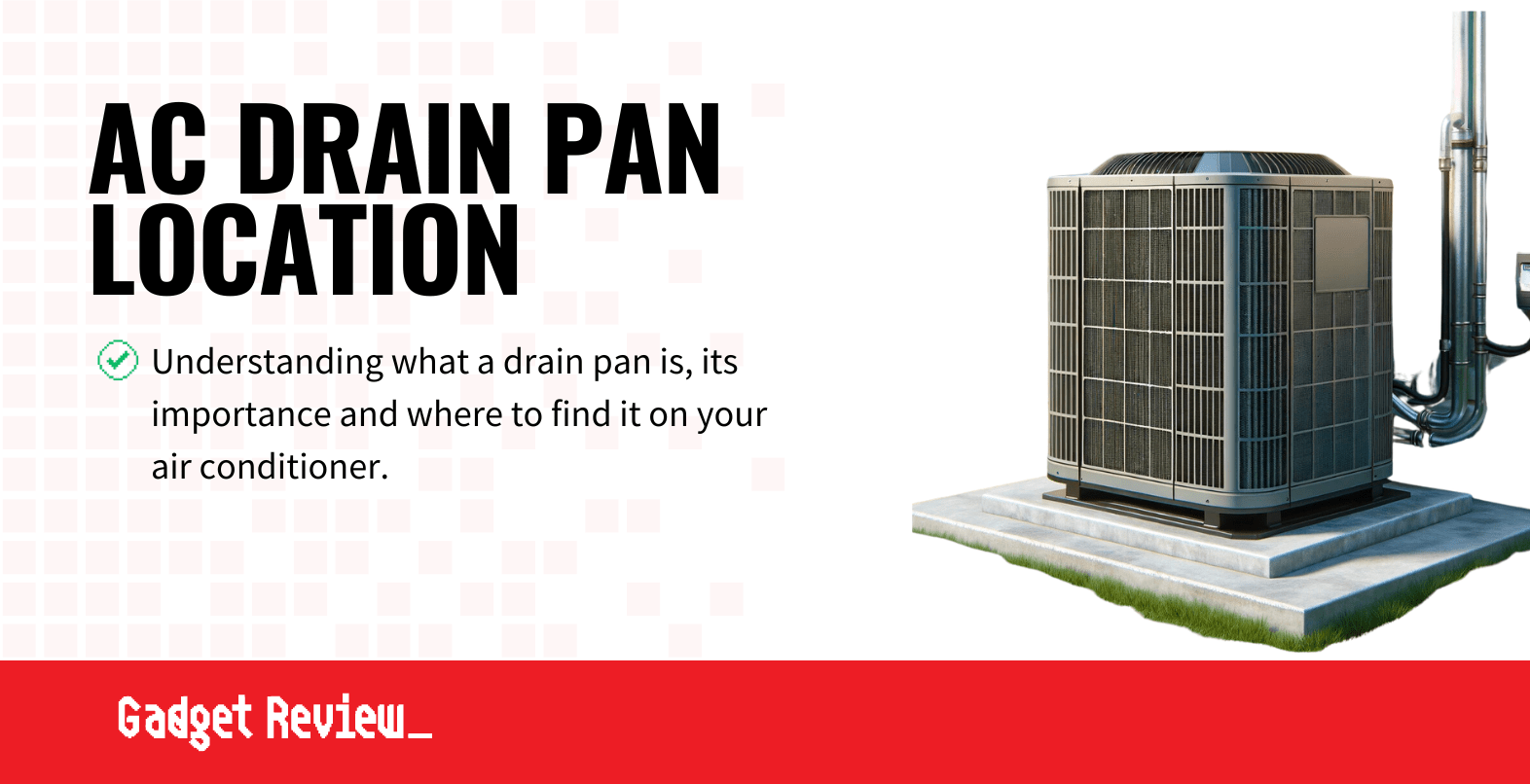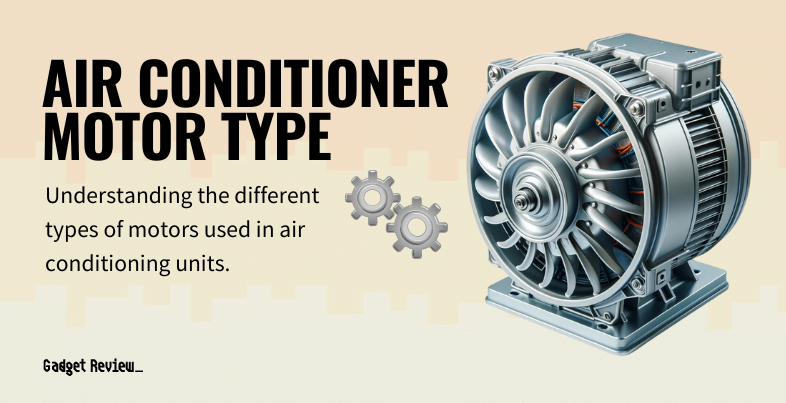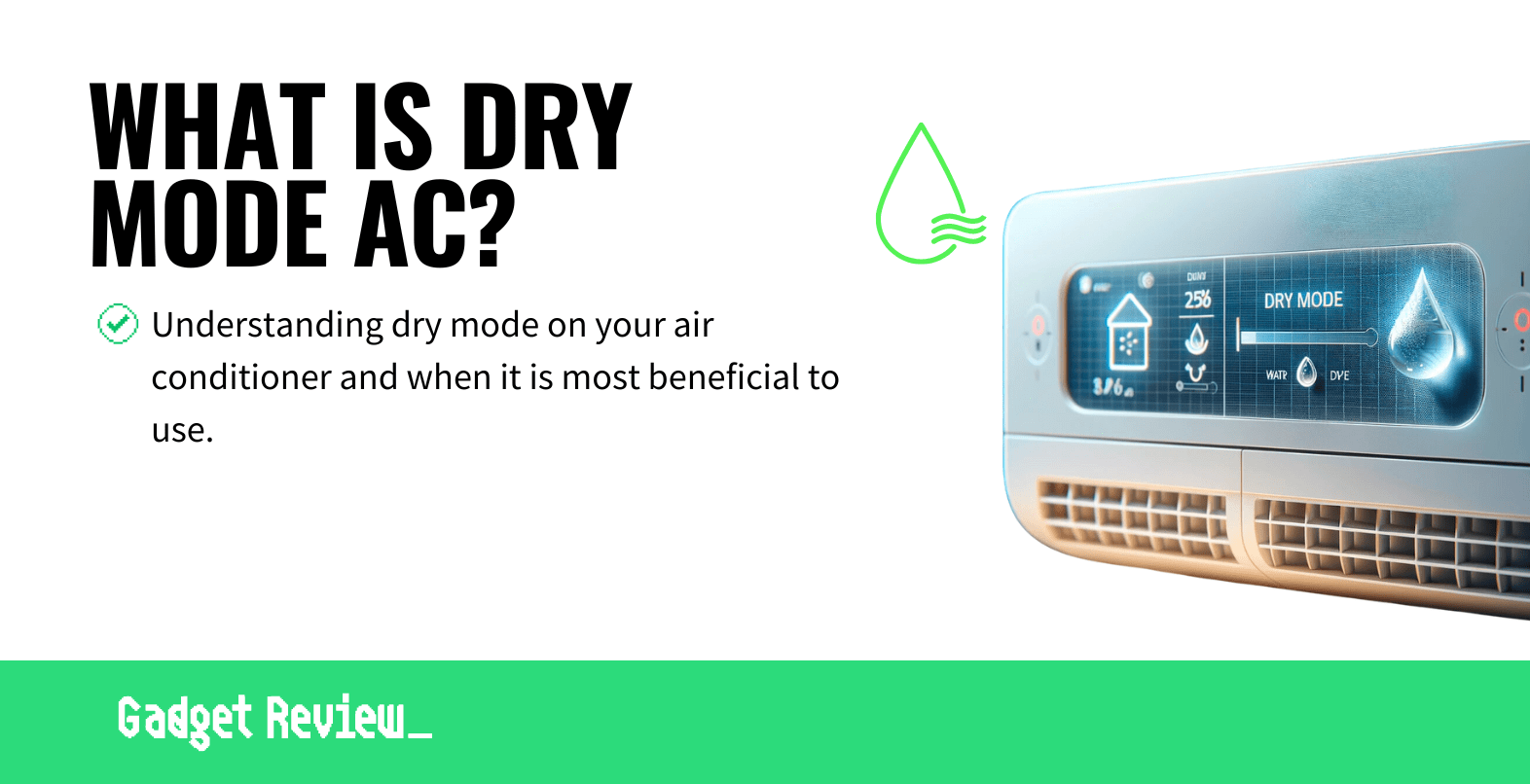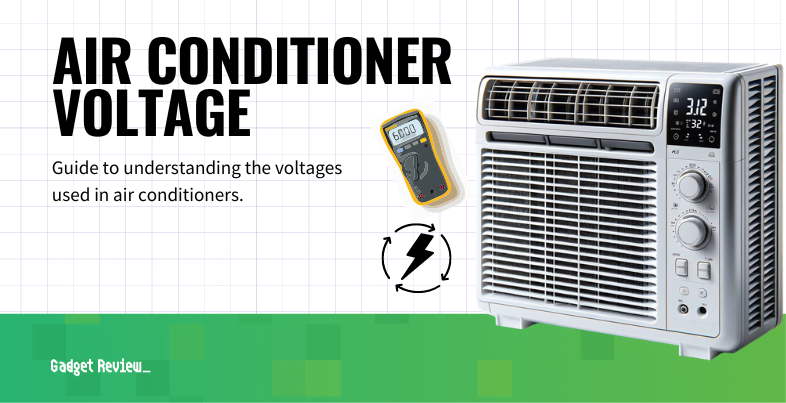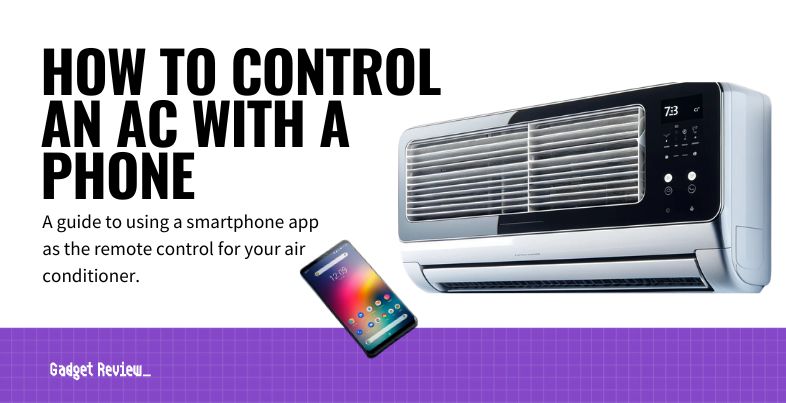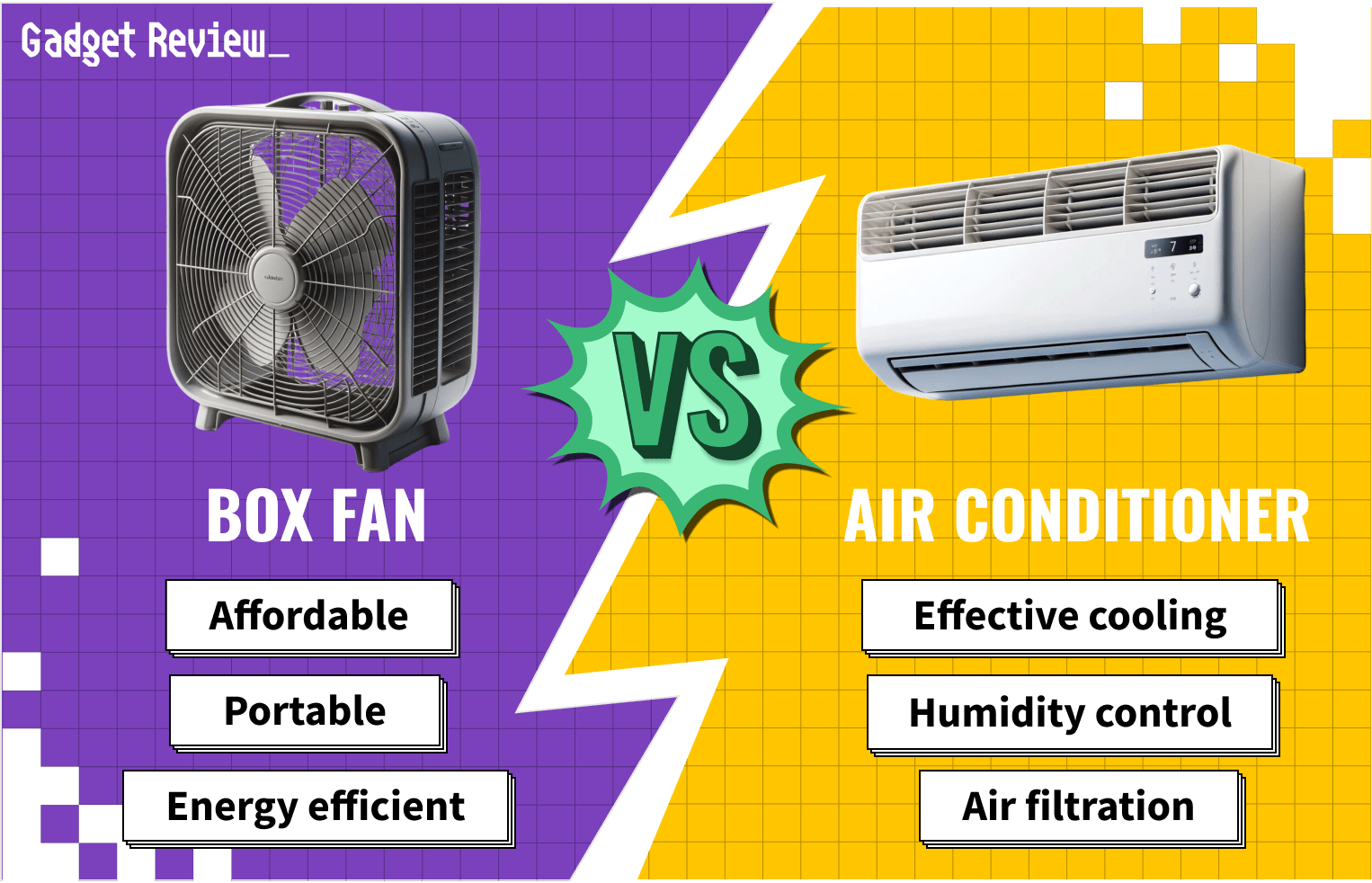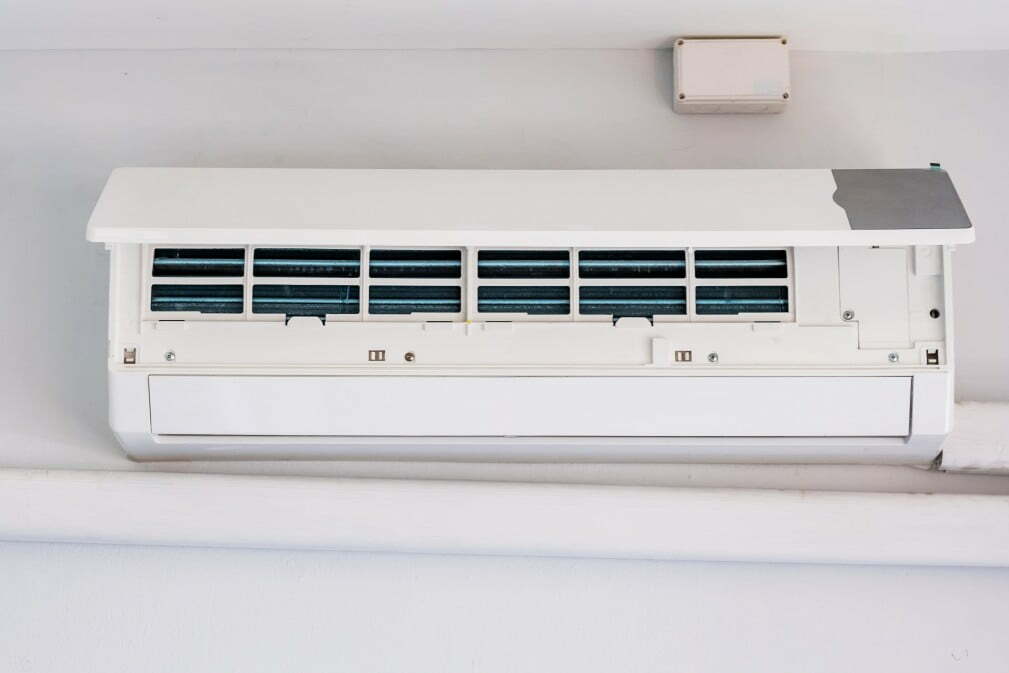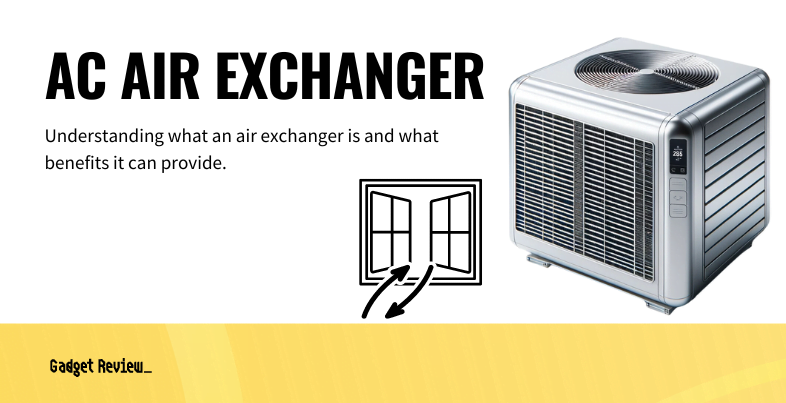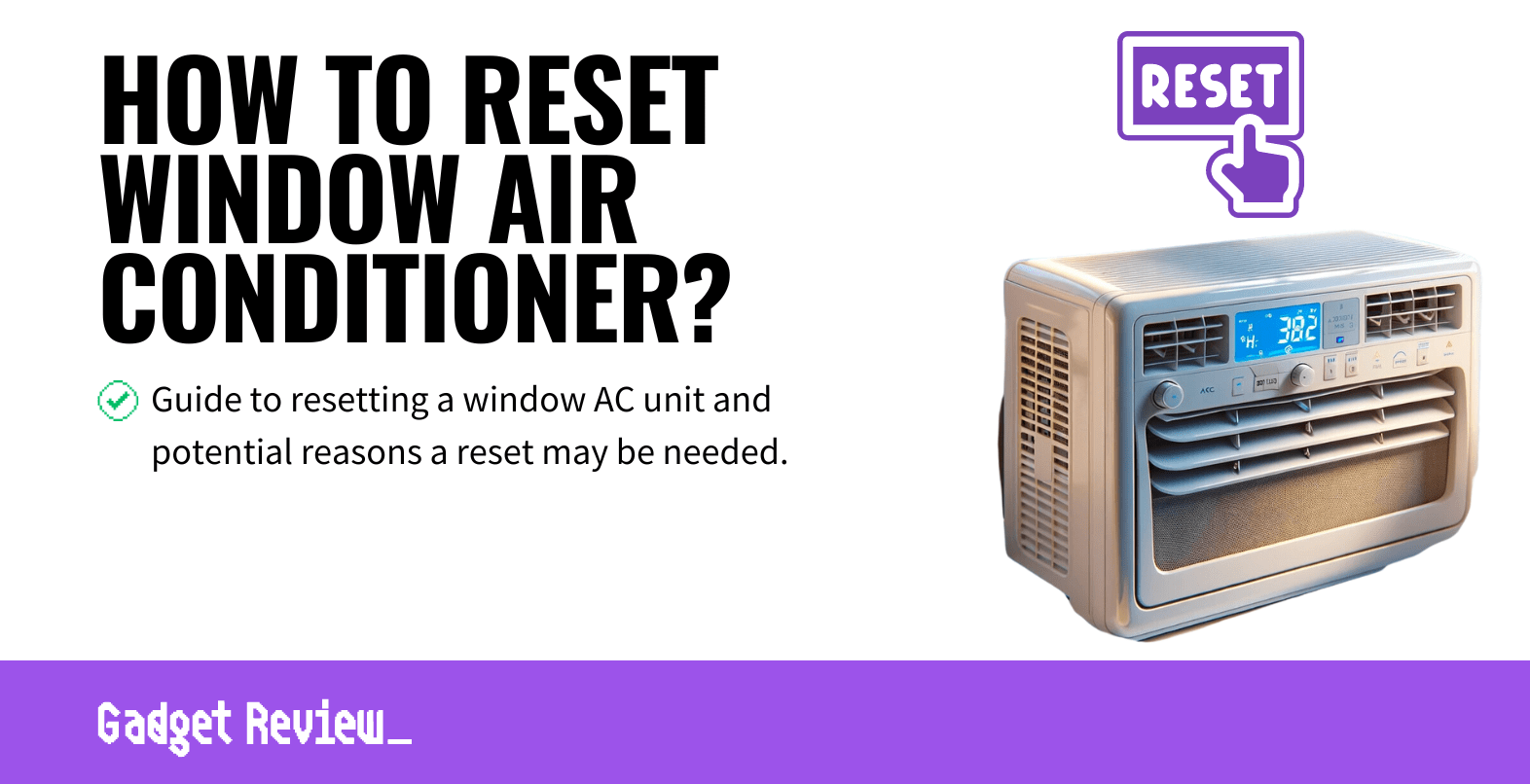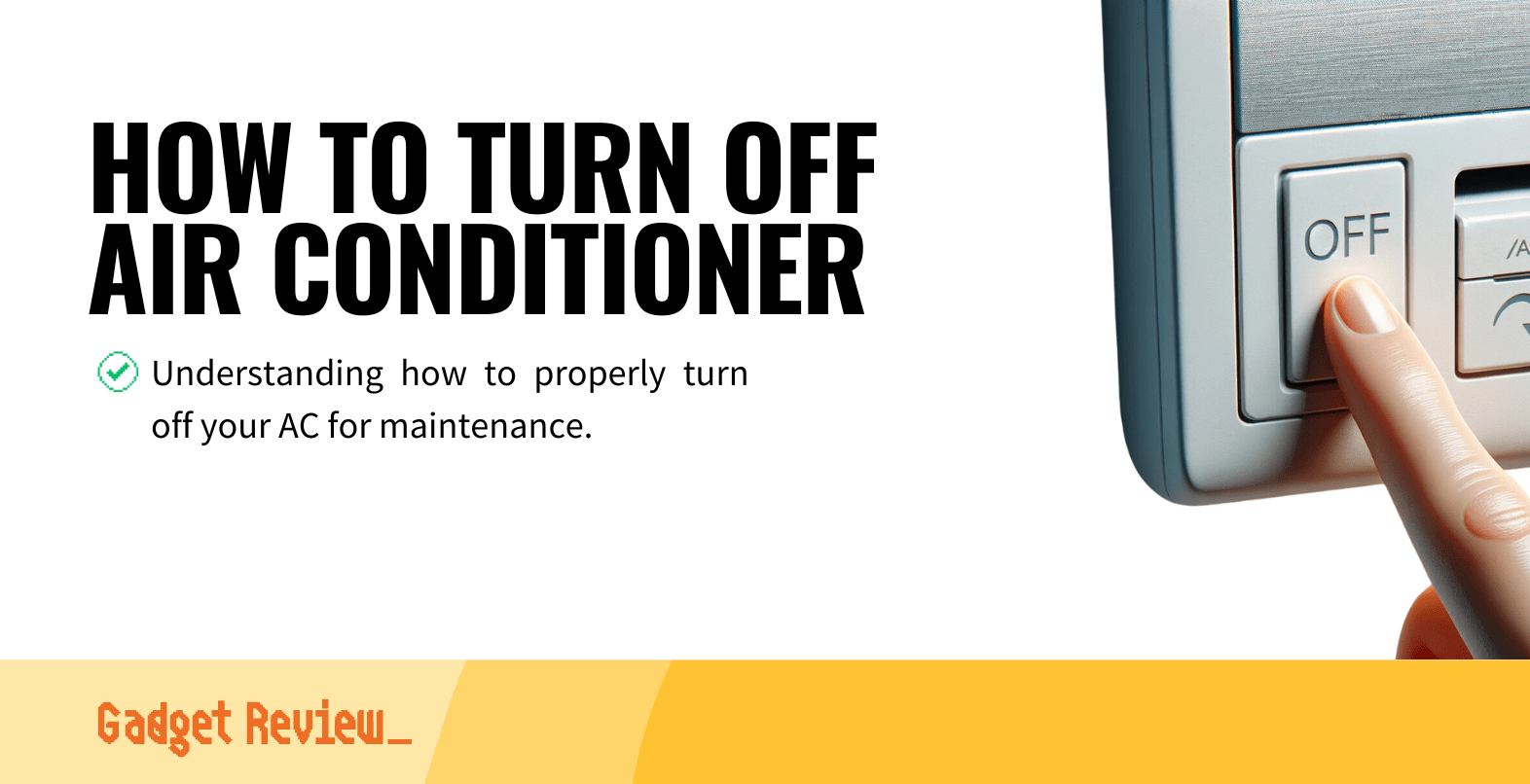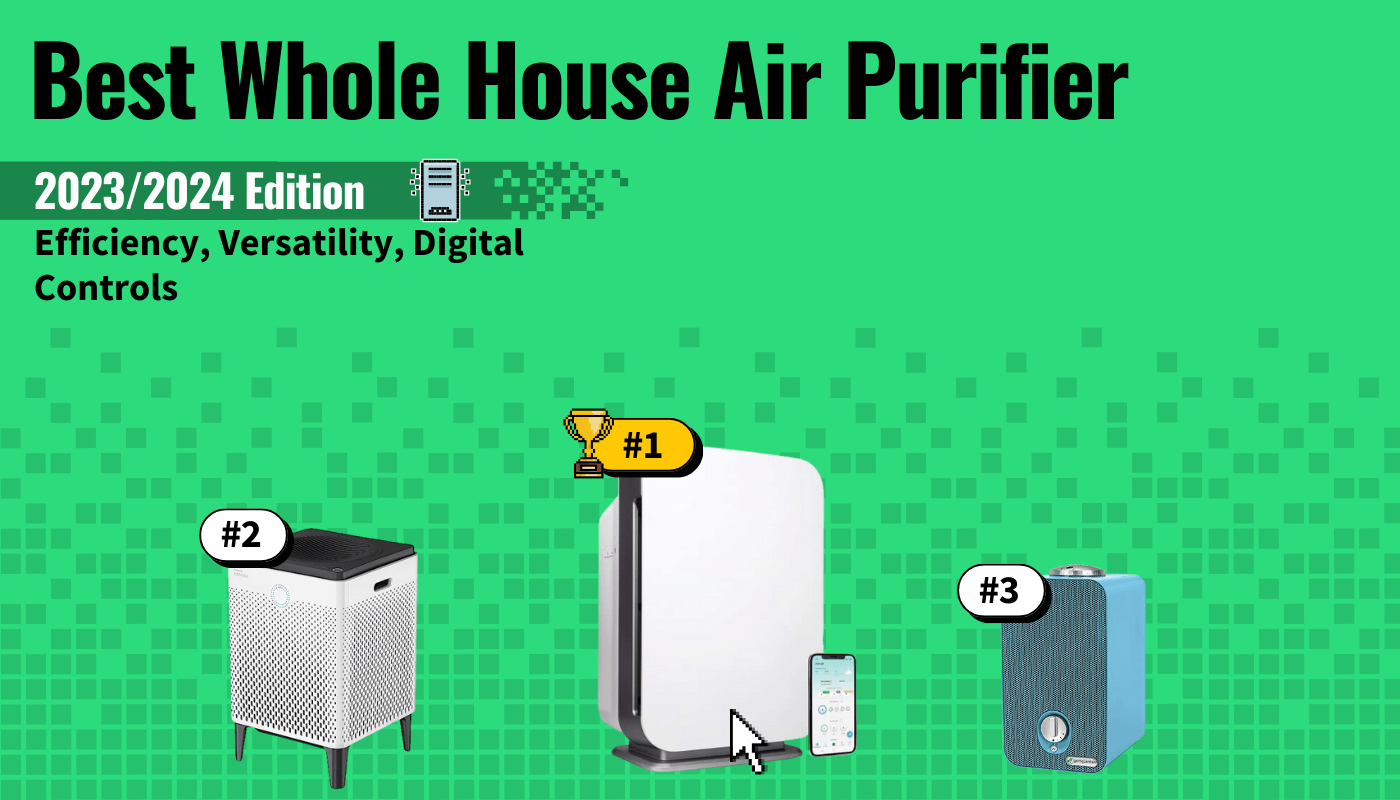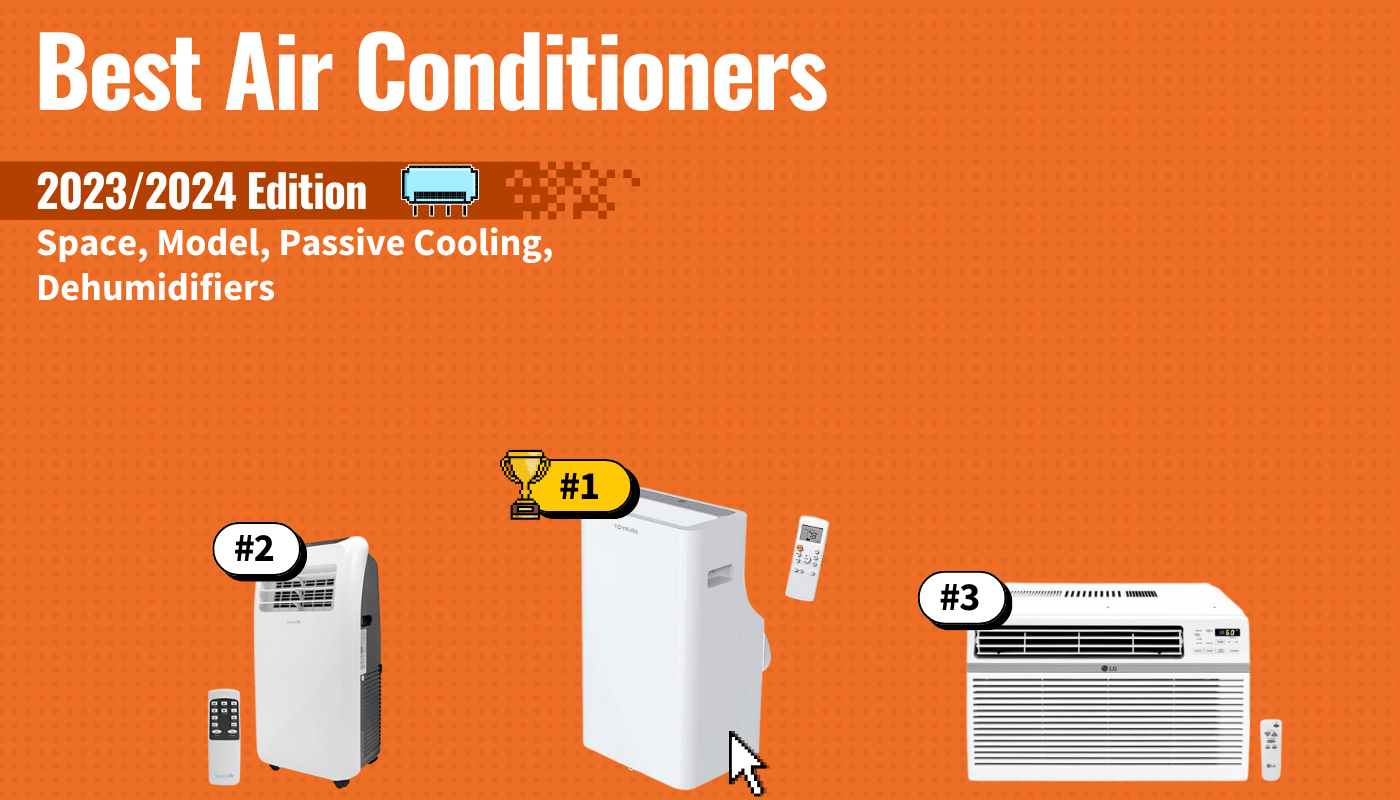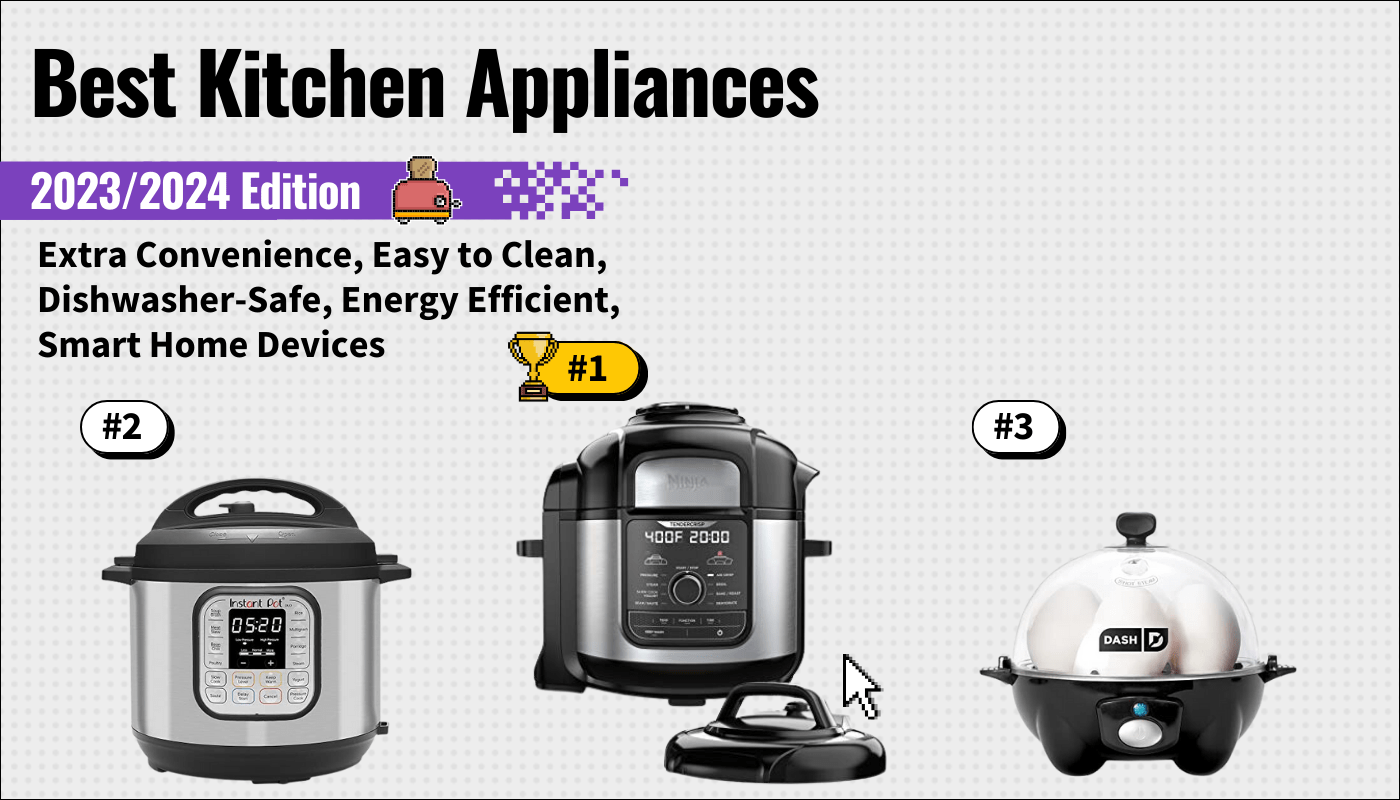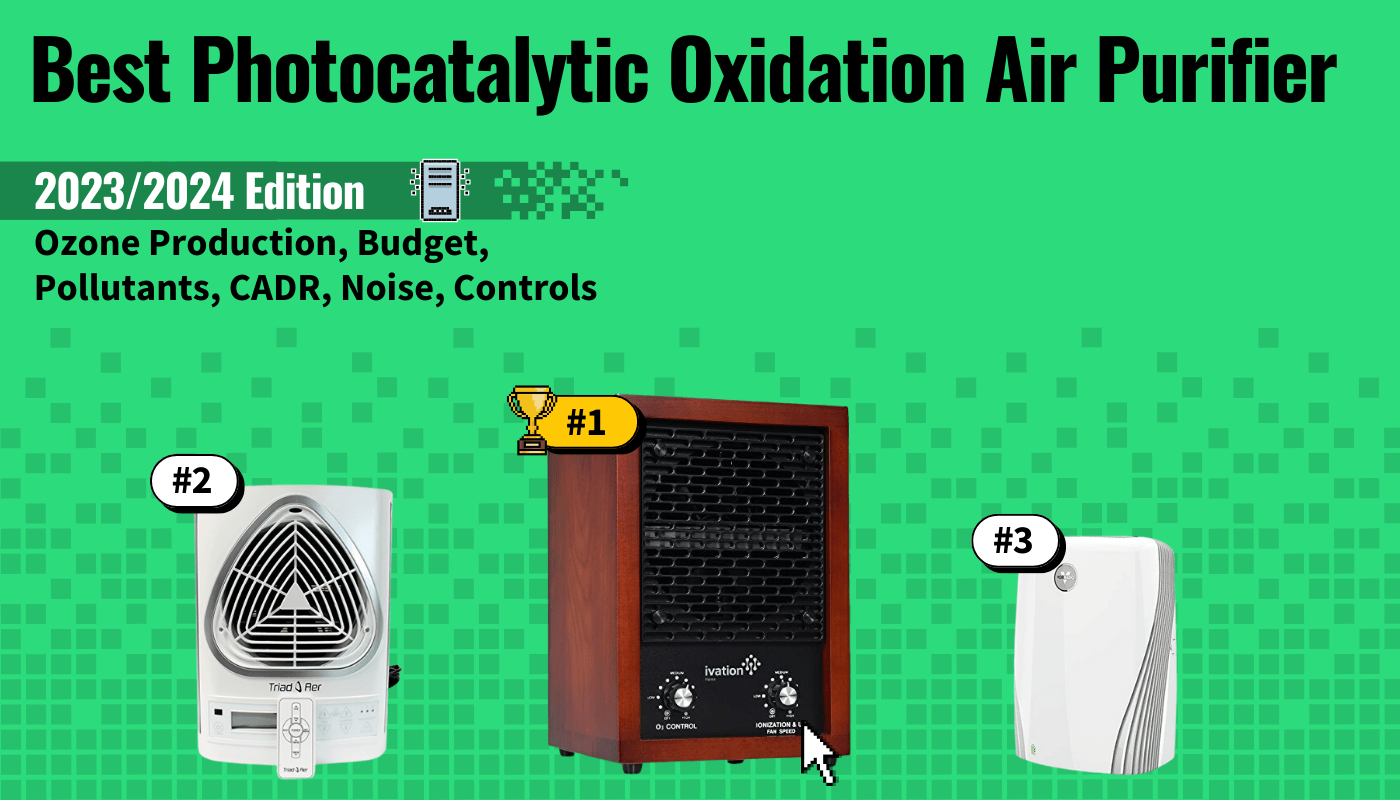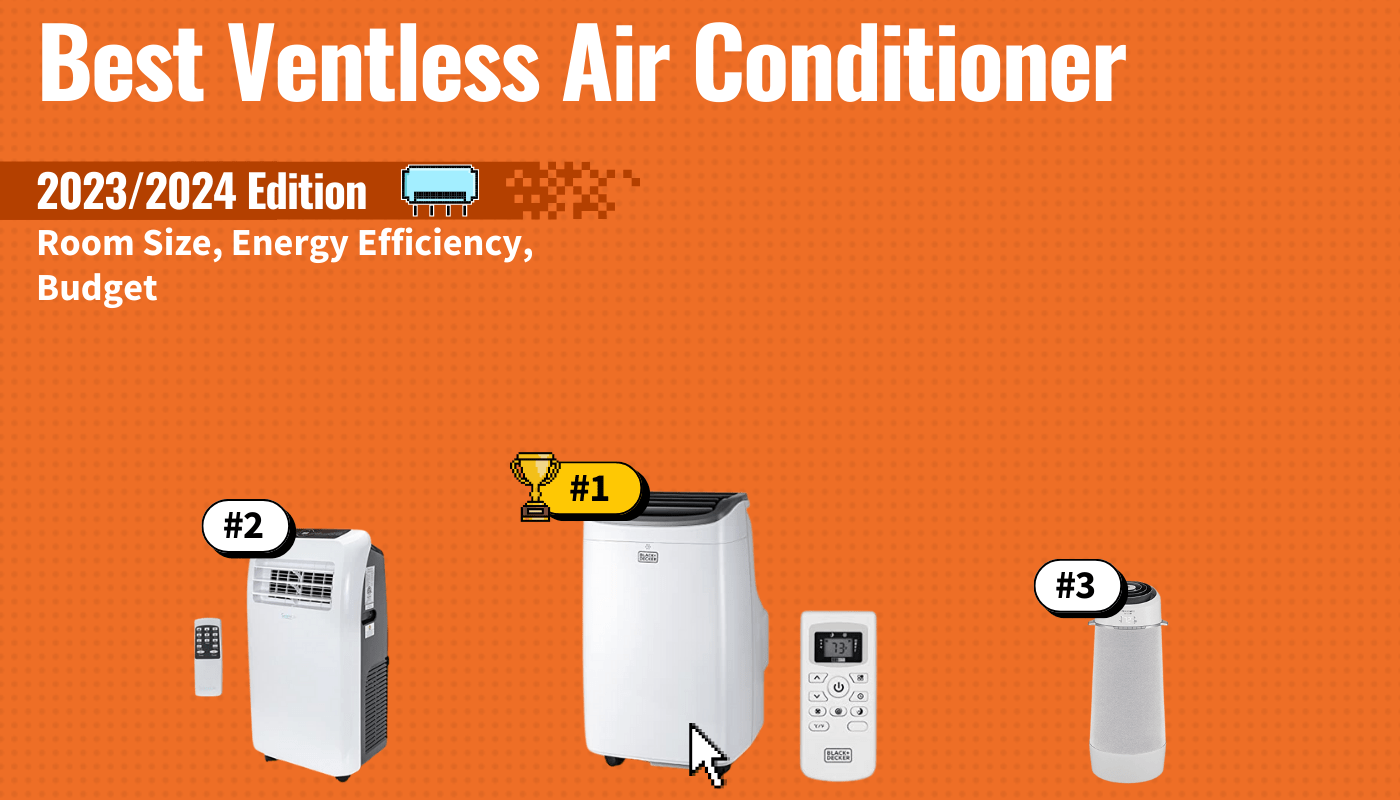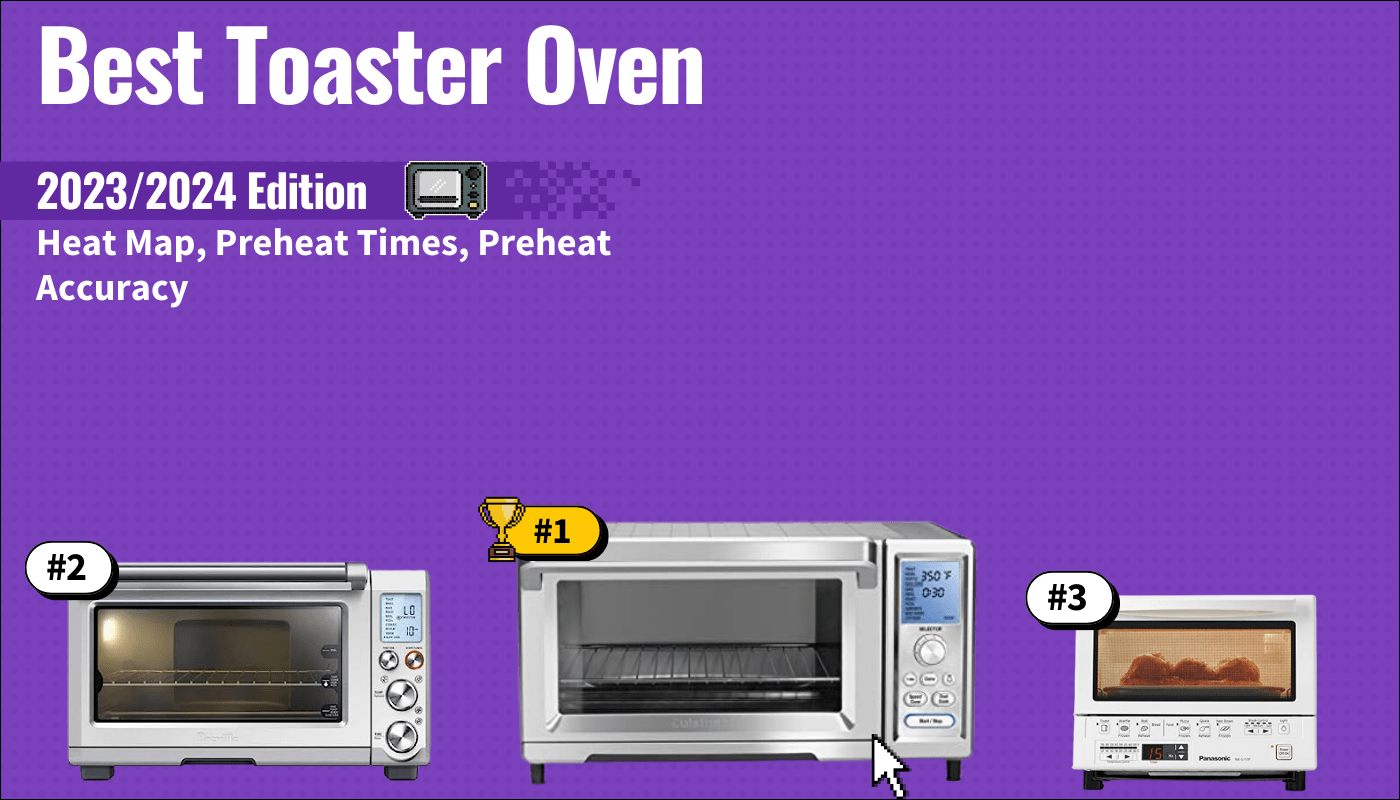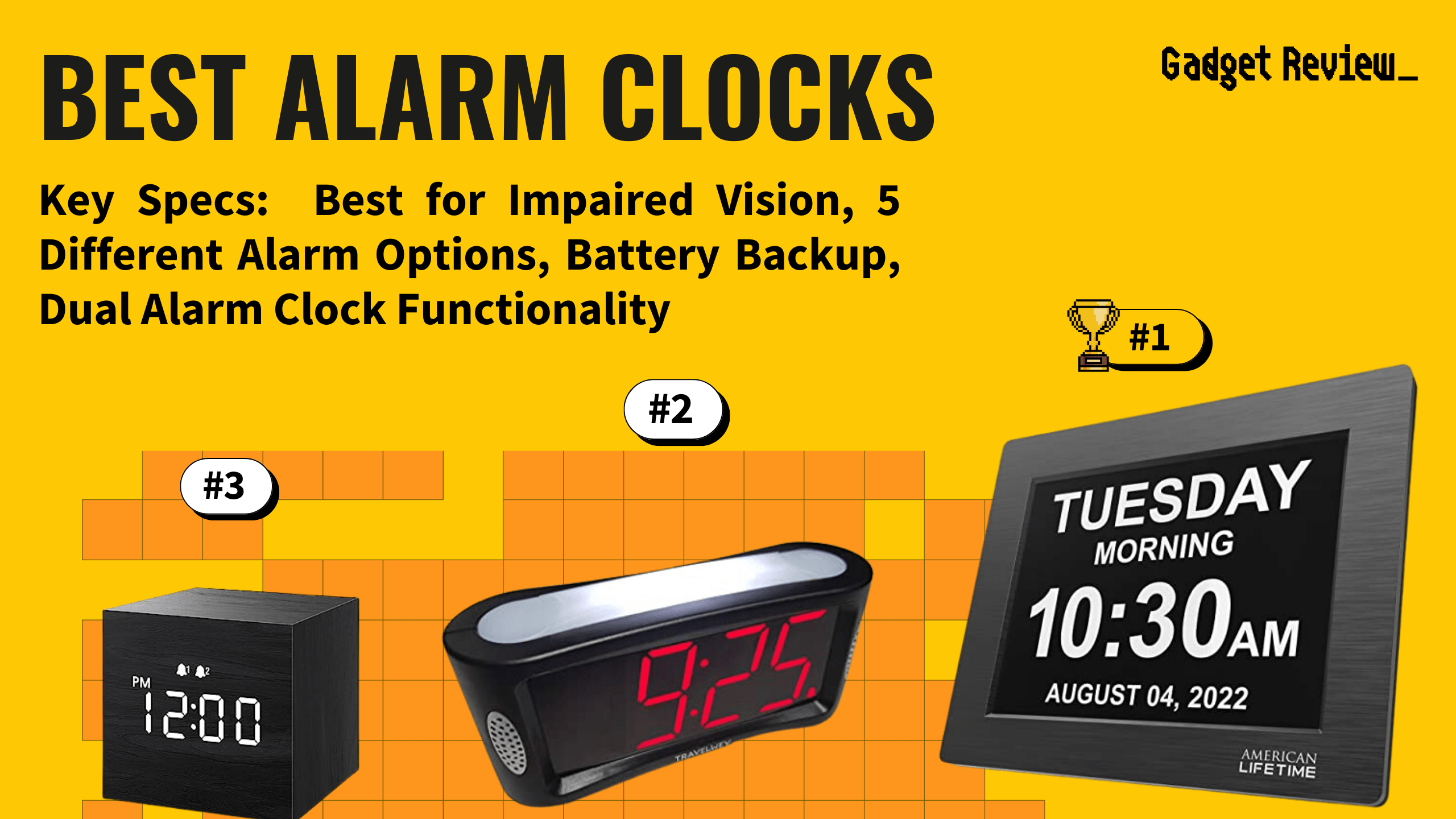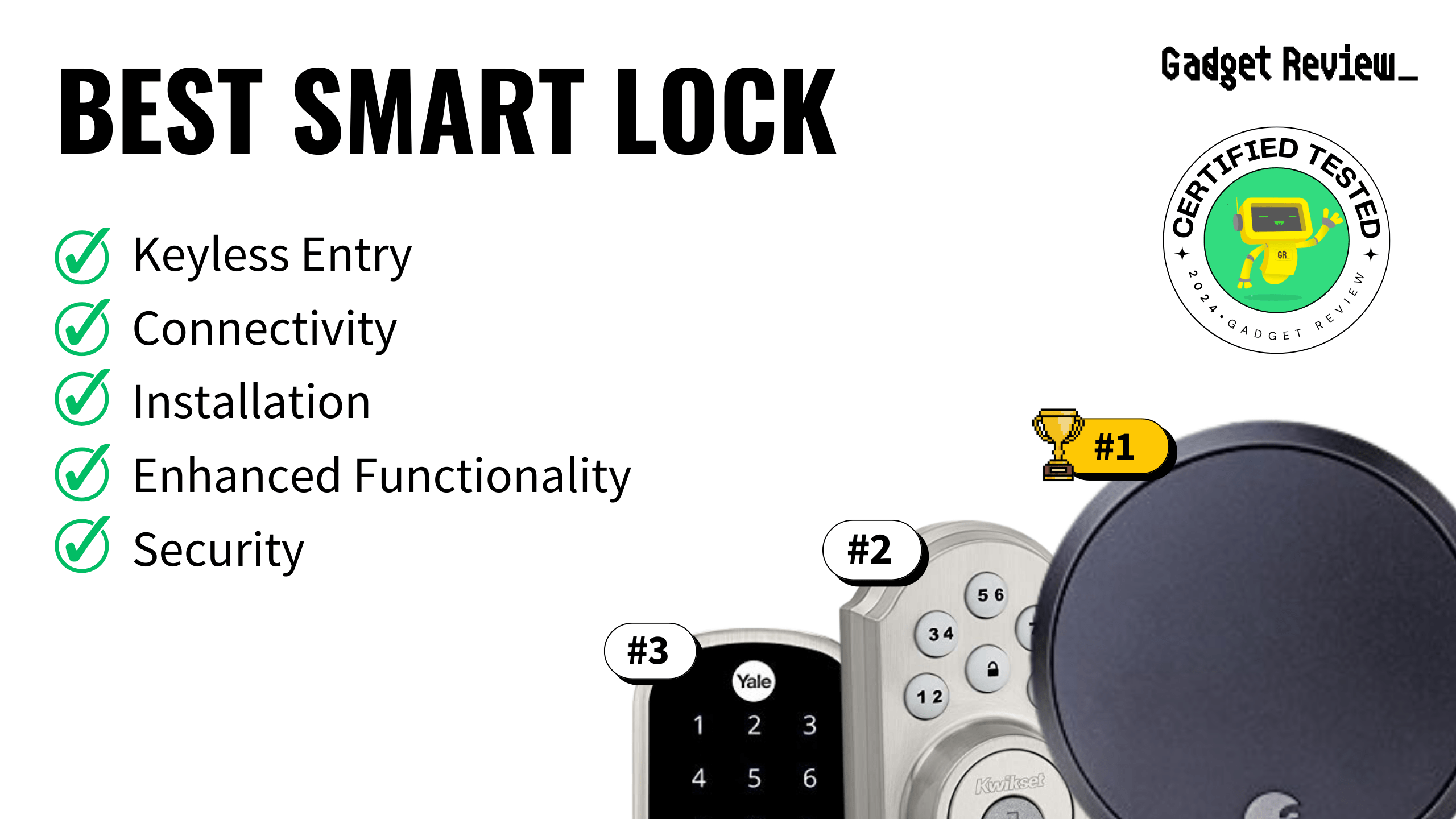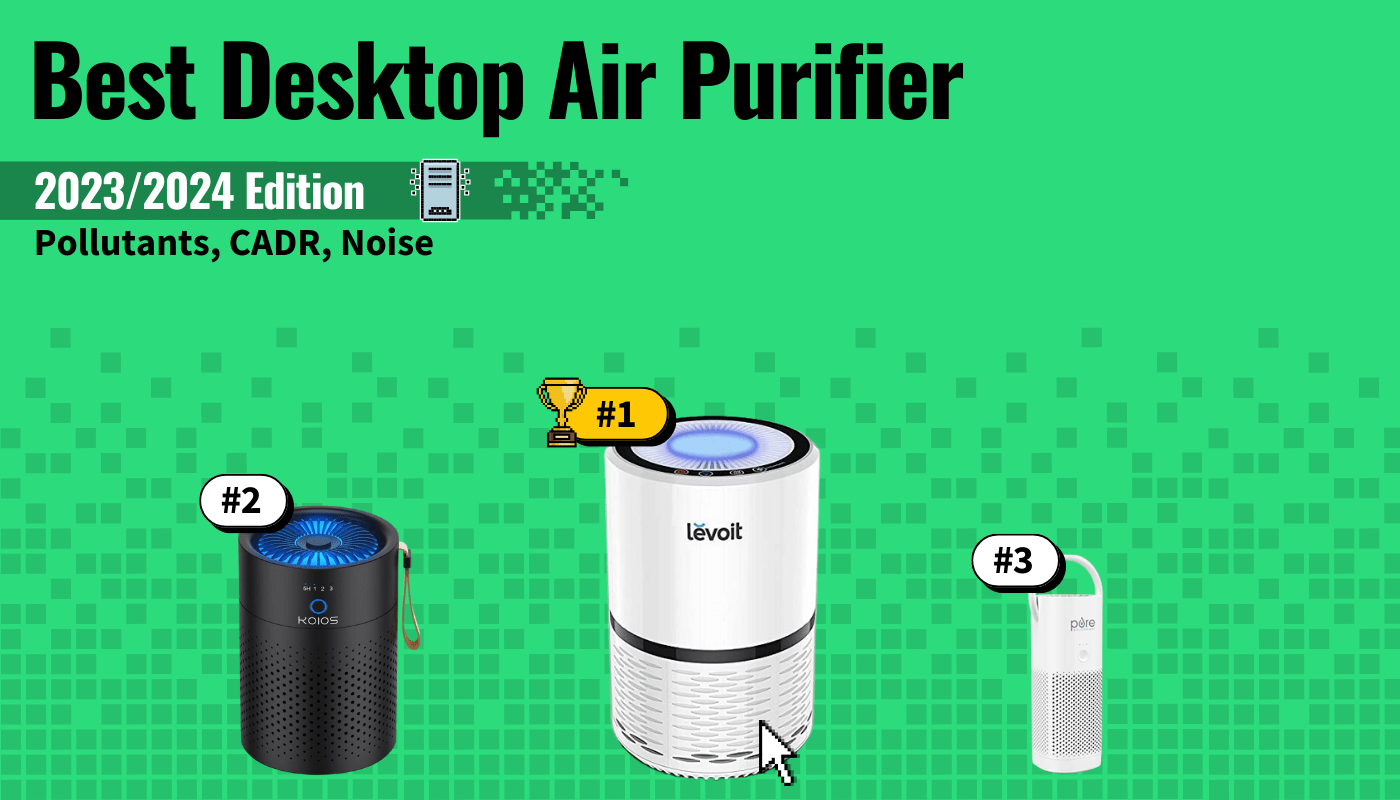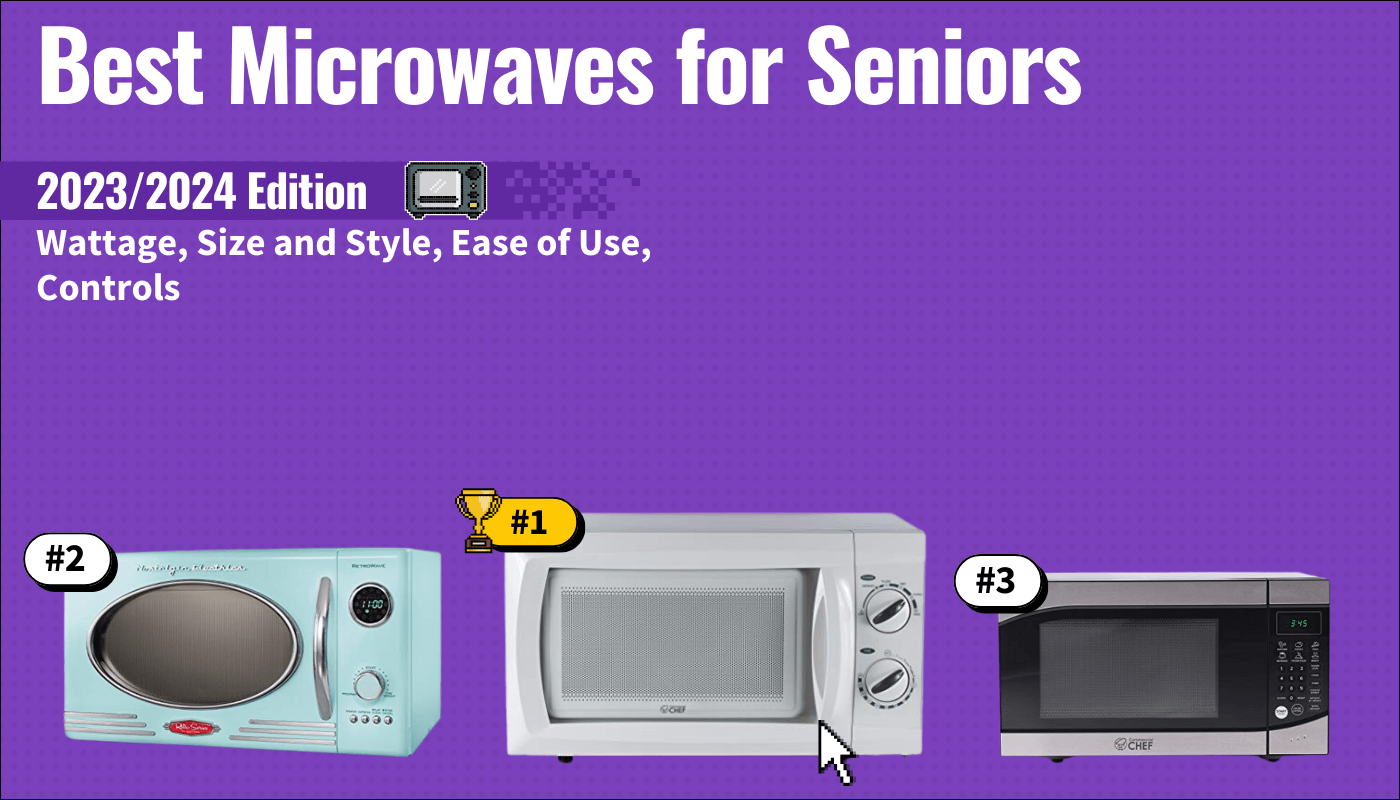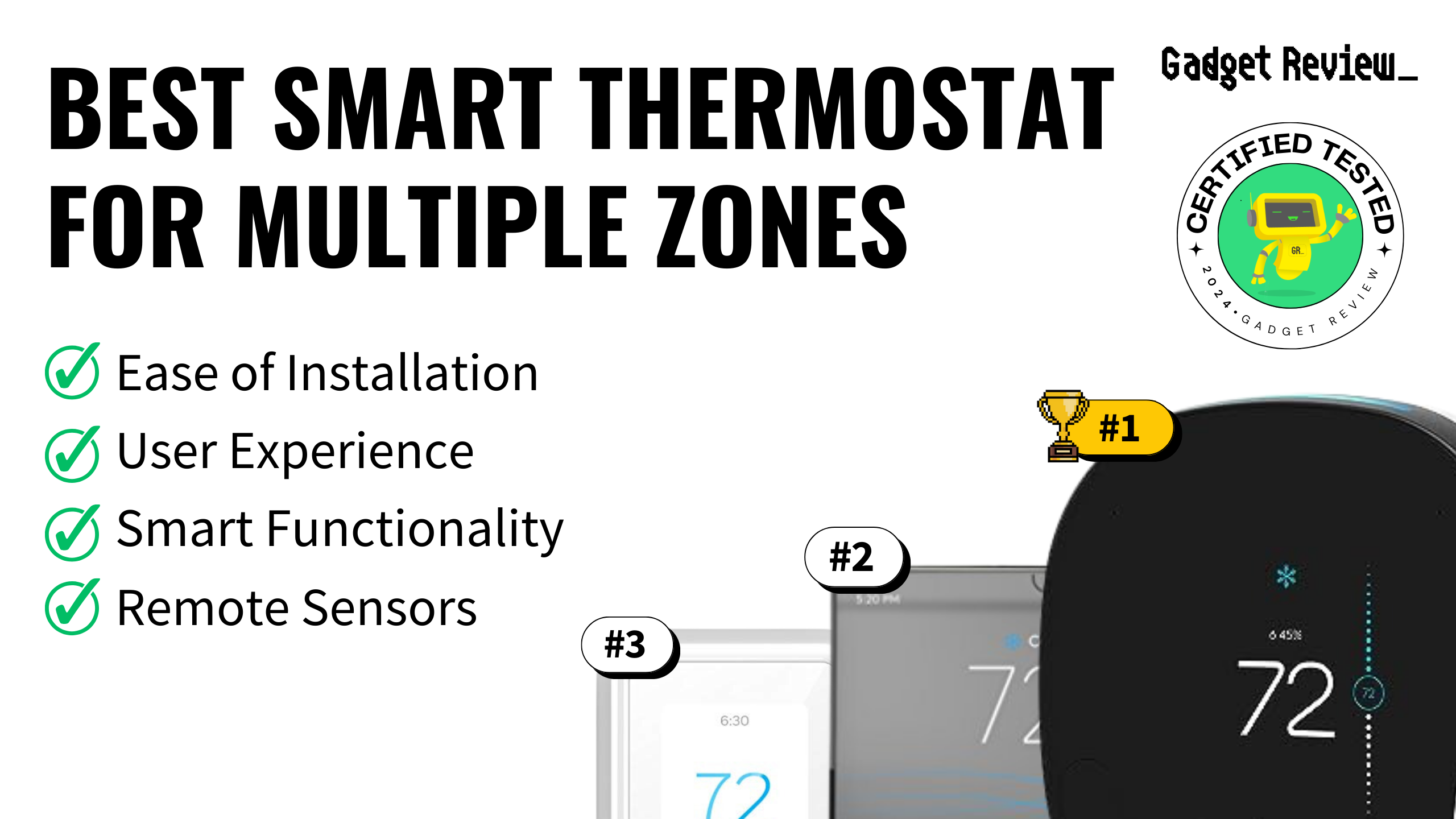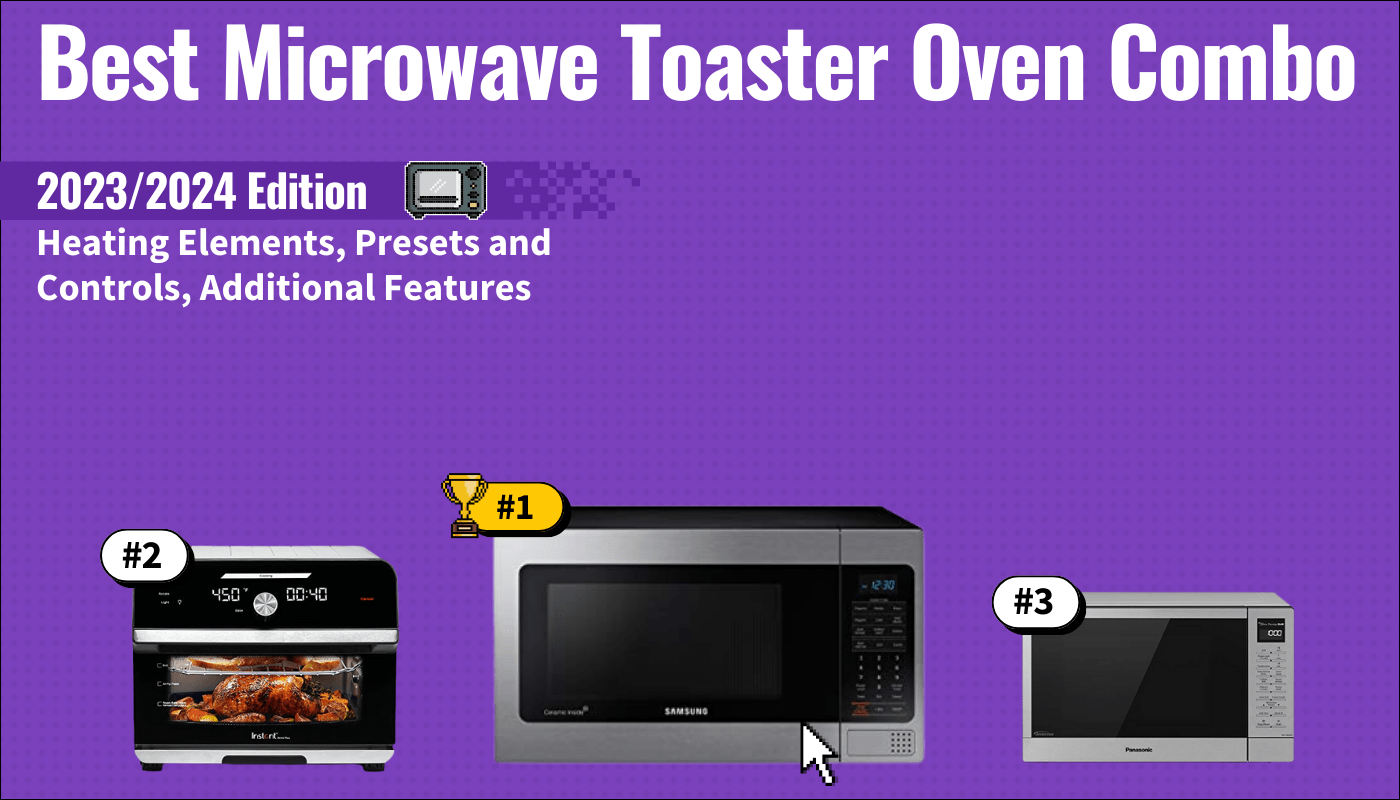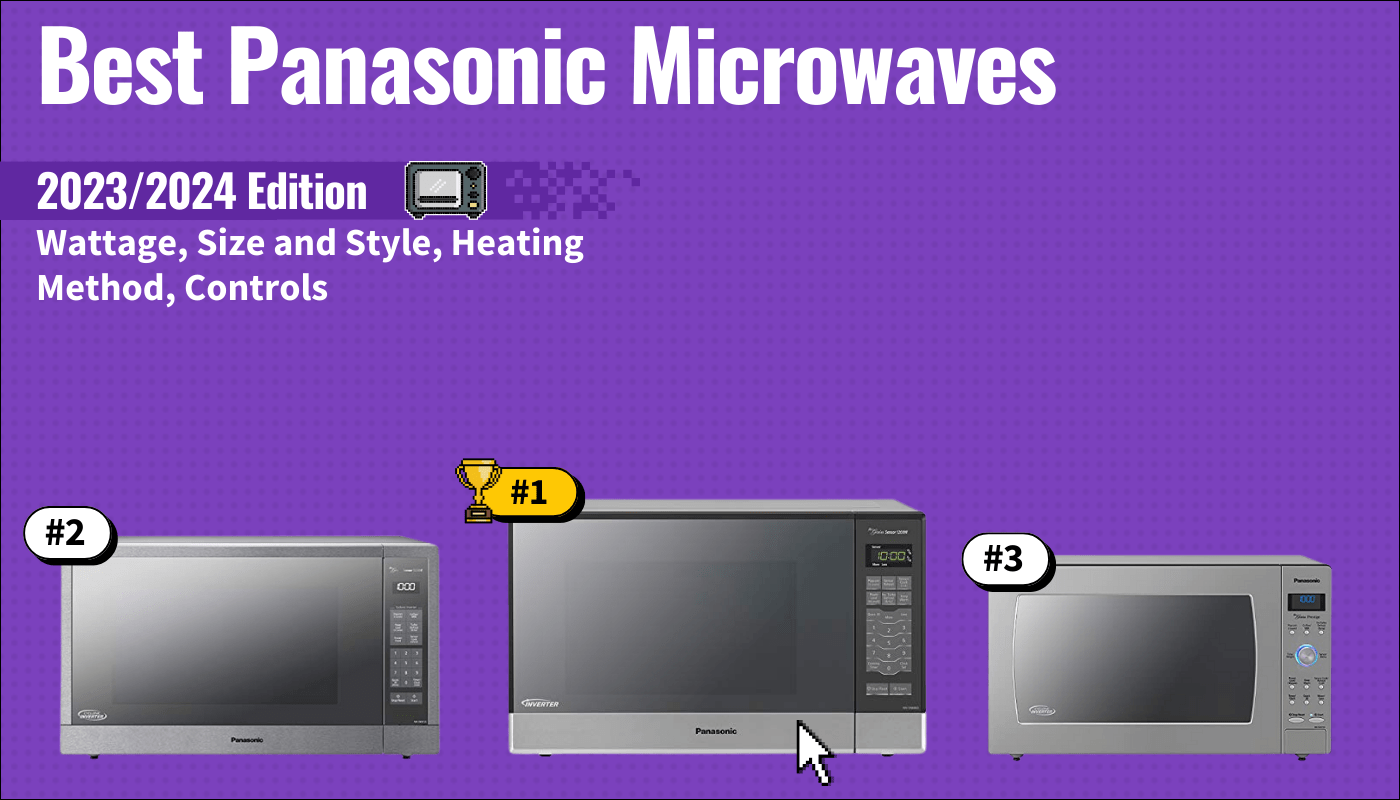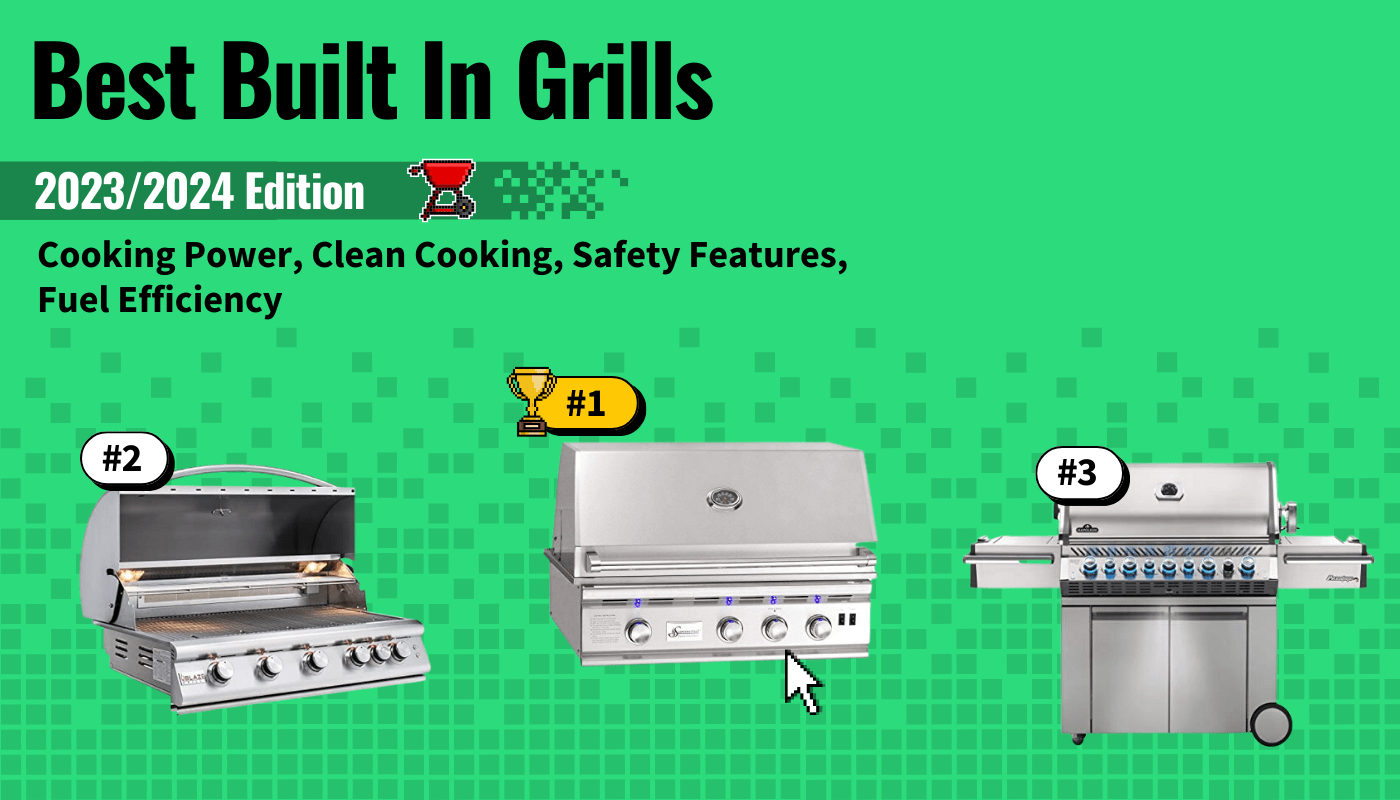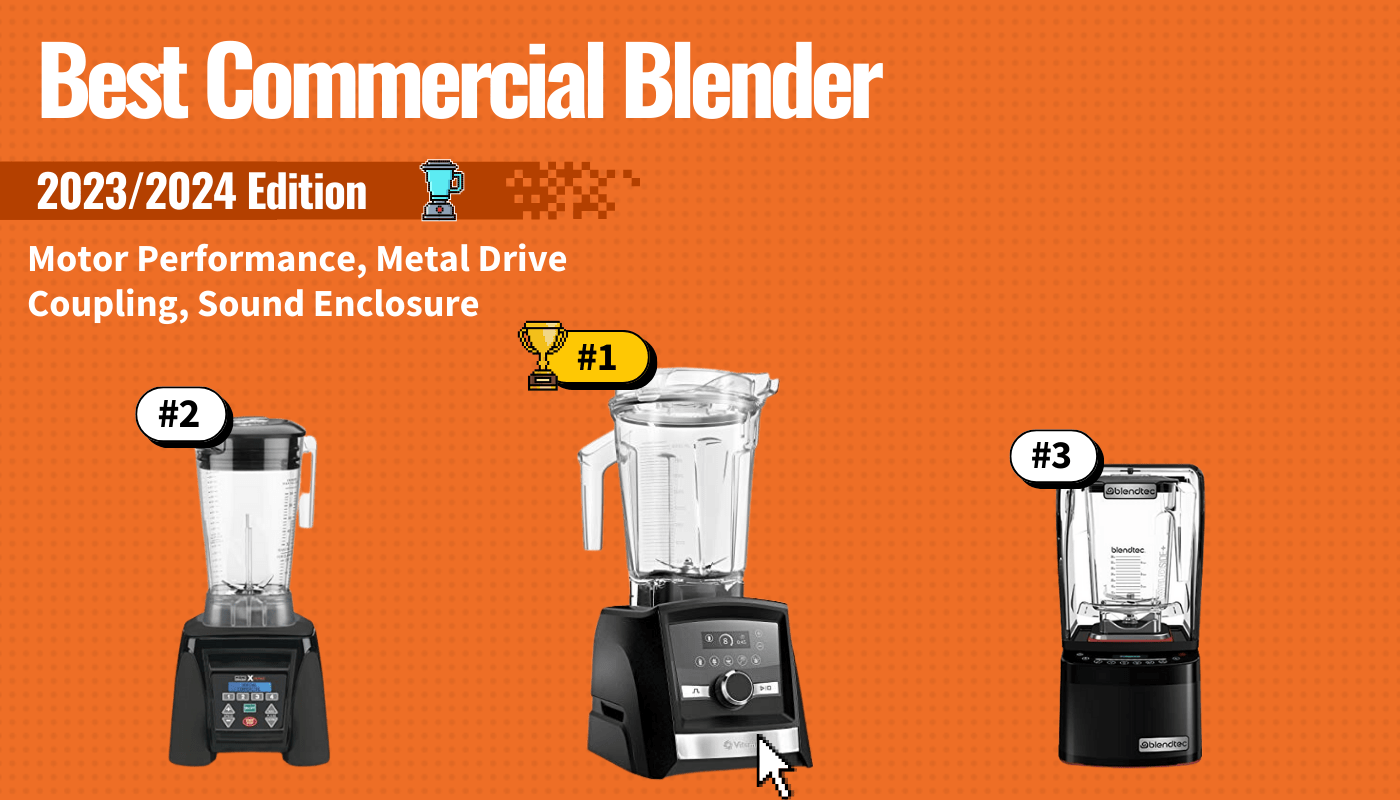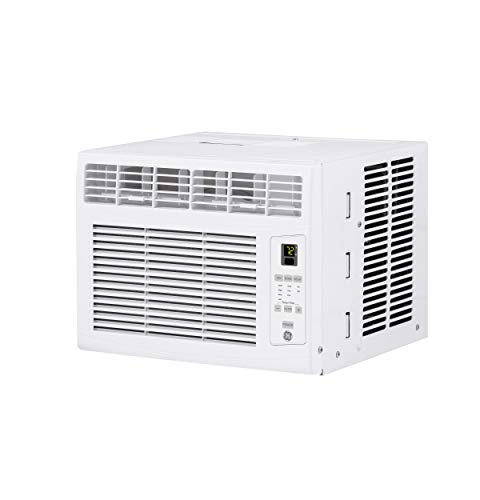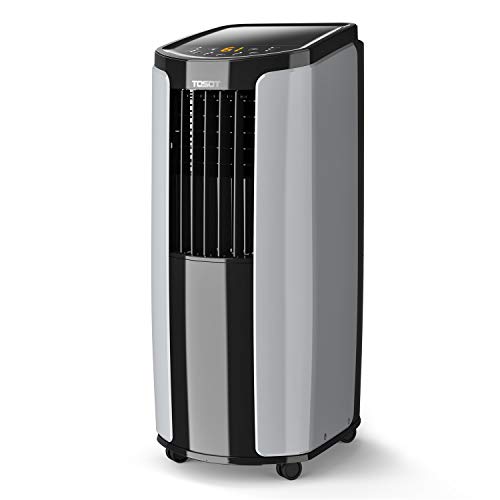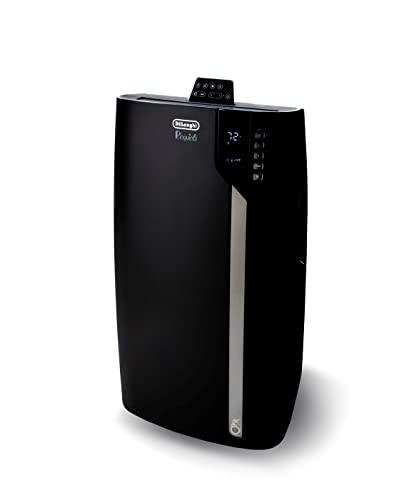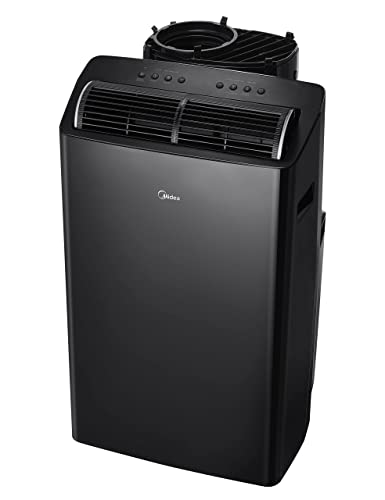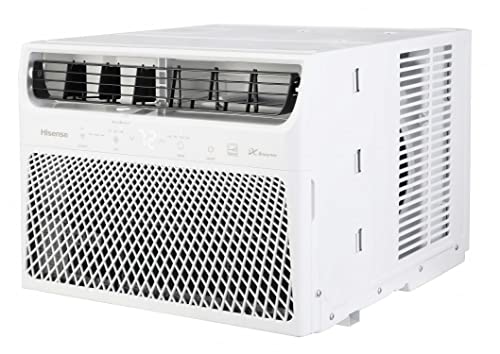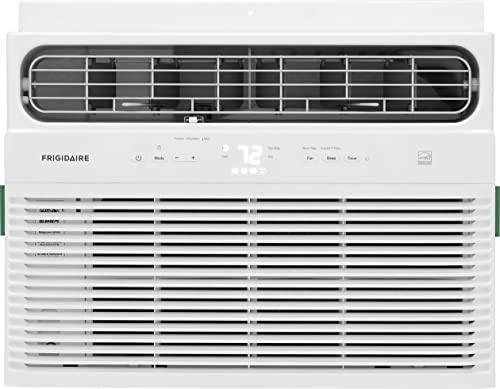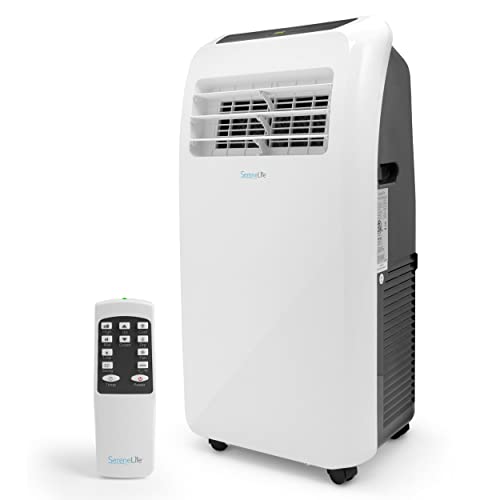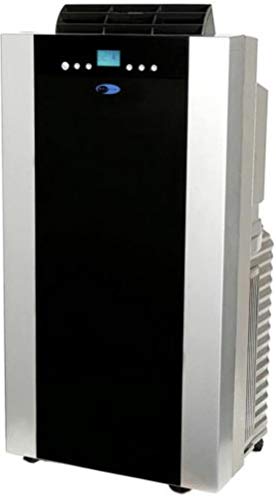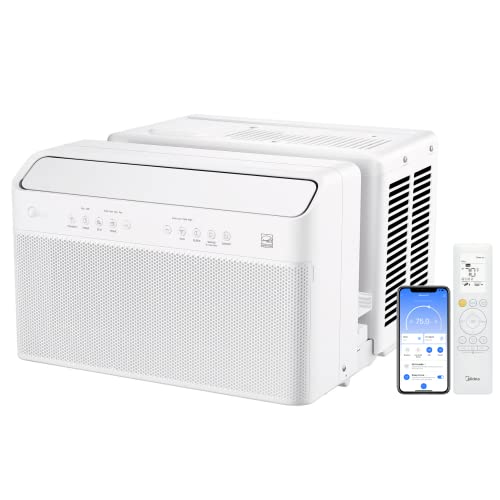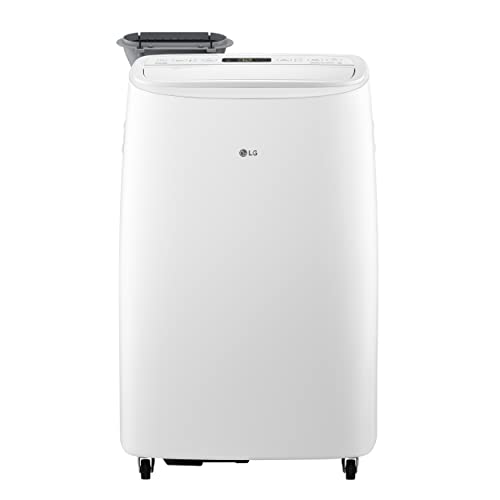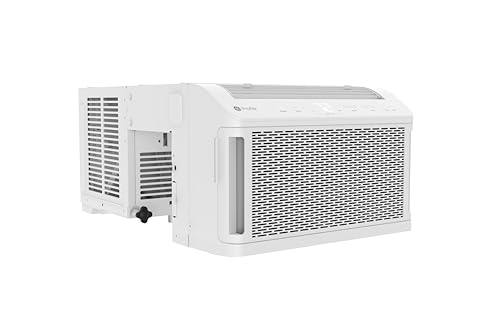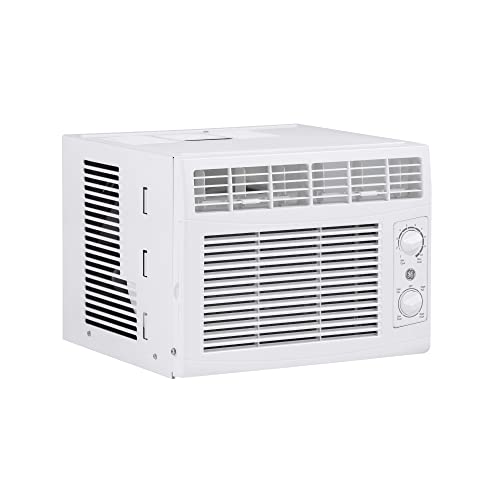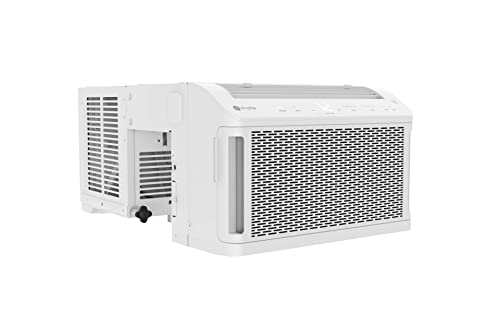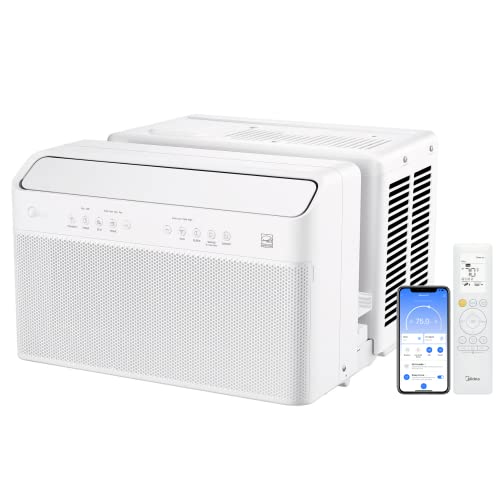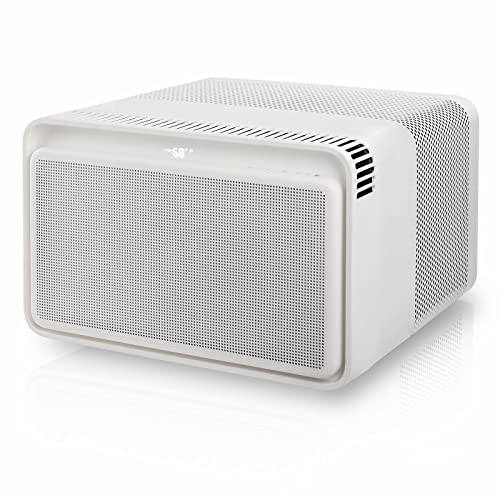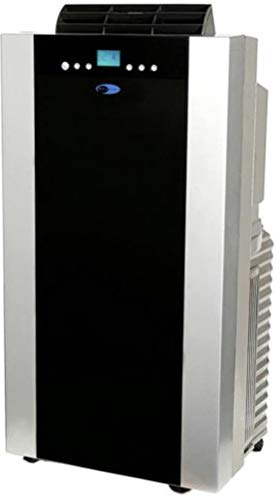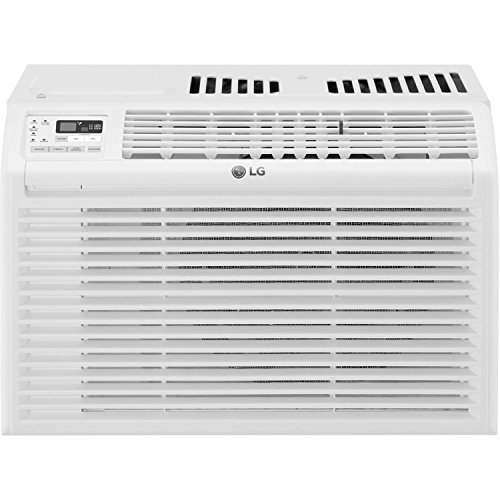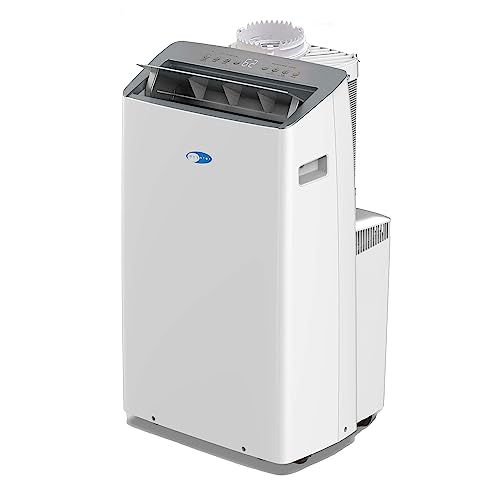The best air conditioners will ensure you don’t have to deal with unwanted heat in your home. The real question is how they remove unwanted heat in the first place. A tower air conditioner (AC) works by pulling in warm air from the room and cooling it with a refrigerant. The cooled air is then blown back into the room while the hot refrigerant releases heat outside. It keeps repeating this process to cool the air and make the room comfortable. The tower AC also has features like adjustable fan speeds and timers to customize cooling.
Key Takeaways_
- A tower AC is a type of portable air conditioner that can travel from room to room with you, providing ample cooling wherever you go.
- The cooling capacity of a cooling tower AC is not as high as other models, such as a central air conditioner.
- Cooling tower air conditioning works by pulling air using a fan. From there, the internal system removes moisture and drops the temperature of the air.
If you’re wondering how a tower AC works, then you’re in the right place. We’ll go over the topic below and unravel the mystery.
How Does a Cooling Tower Work?
All portable air conditioning units work on the same principle, which is the principle of exchange. We’ll go over more on that below. In the meantime, there are tons of reasons why you should understand how your cooling tower design works.
insider tip
A window air conditioner unit is an efficient option for those worried about the increase in power consumption.
There are other styles out there, too. Learning how portable air conditioning units work helps you figure out which model is right for you.
The Mechanics of Tower Air Conditioners
In the simplest terms, a cooling tower works the same as any other air conditioning system. A fan pulls in hot air from the room, draws moisture from it, and lowers the temperature. From there, the air is sent back out into the room.
Cooling the Air
As mentioned above, an internal system takes air in from the environment and cools it drastically using an evaporator coil and condenser coil. However, some cooling tower models use water pipes and a cold water basin to cool the air. But if you’re experiencing hot air from your AC, you’ll want to learn more about dual zone HVAC system problems.
warning
If you’re sensitive to noise, remember that the air conditioner noise level depends on the type of unit that you purchase.
Creating a Mechanical Draft
In order to cool the air, these units use a fan to pull air in from a natural draft, then push it out as a mechanical draft. This is what cools your room down and keeps the environment at a comfortable temperature.
STAT: Total shipment figures for air conditioners fluctuate year to year, generally falling between 3.5 and 6 million. However, there have been a few notable exceptions, such as in 2005, with 6.47 million units sold, and in 2021, with 6.28 million units sold. (source)
If you’re looking to upgrade your unit, make sure you know how to work these units, and they can be some of the best models you’ve ever owned. For example, asking “How long can I run my portable AC?” will fill you in on the subject.

